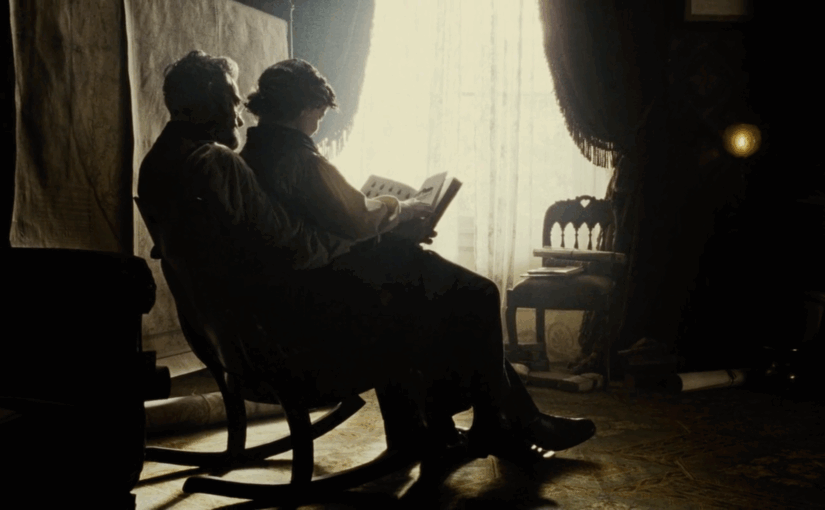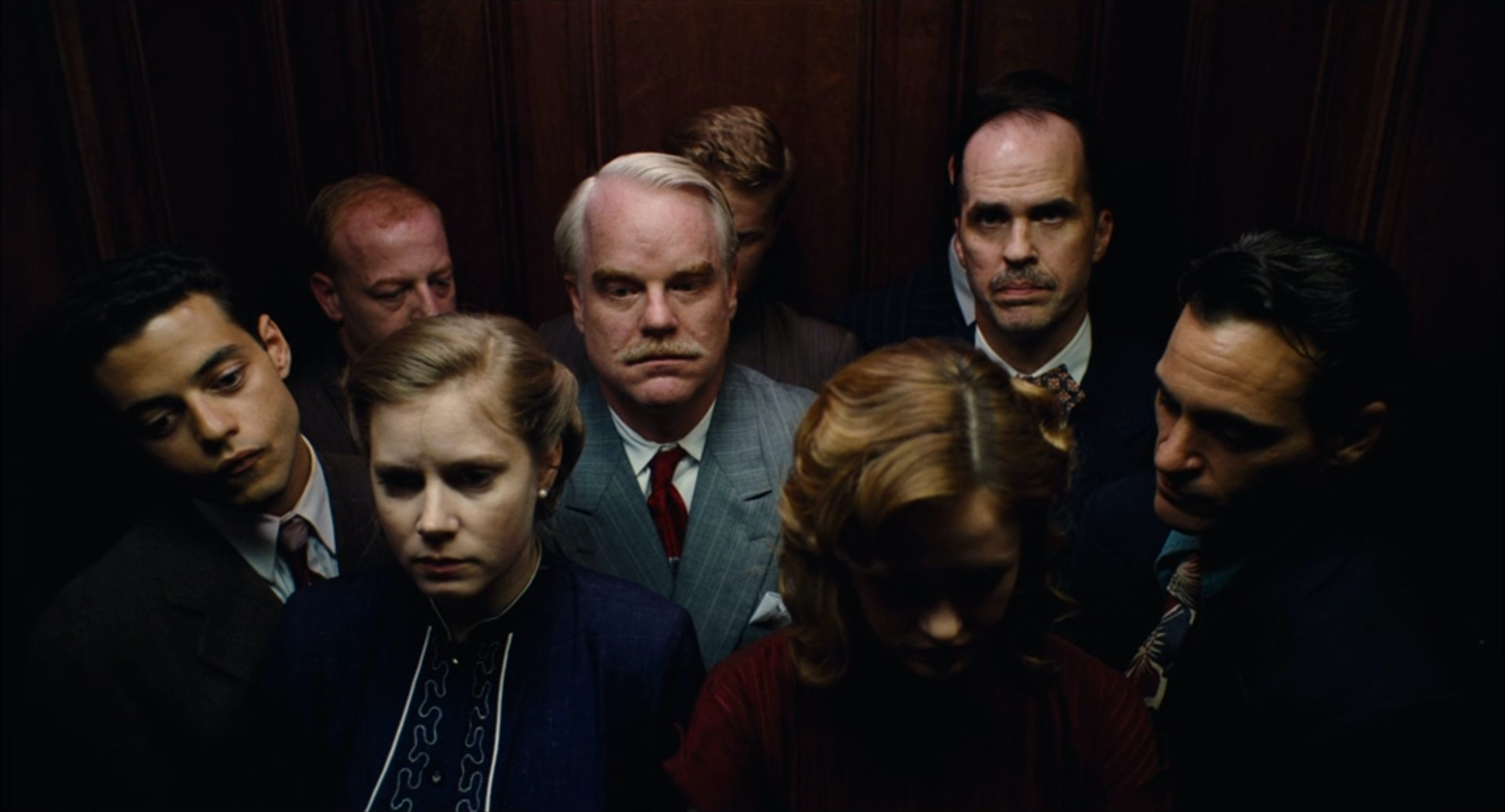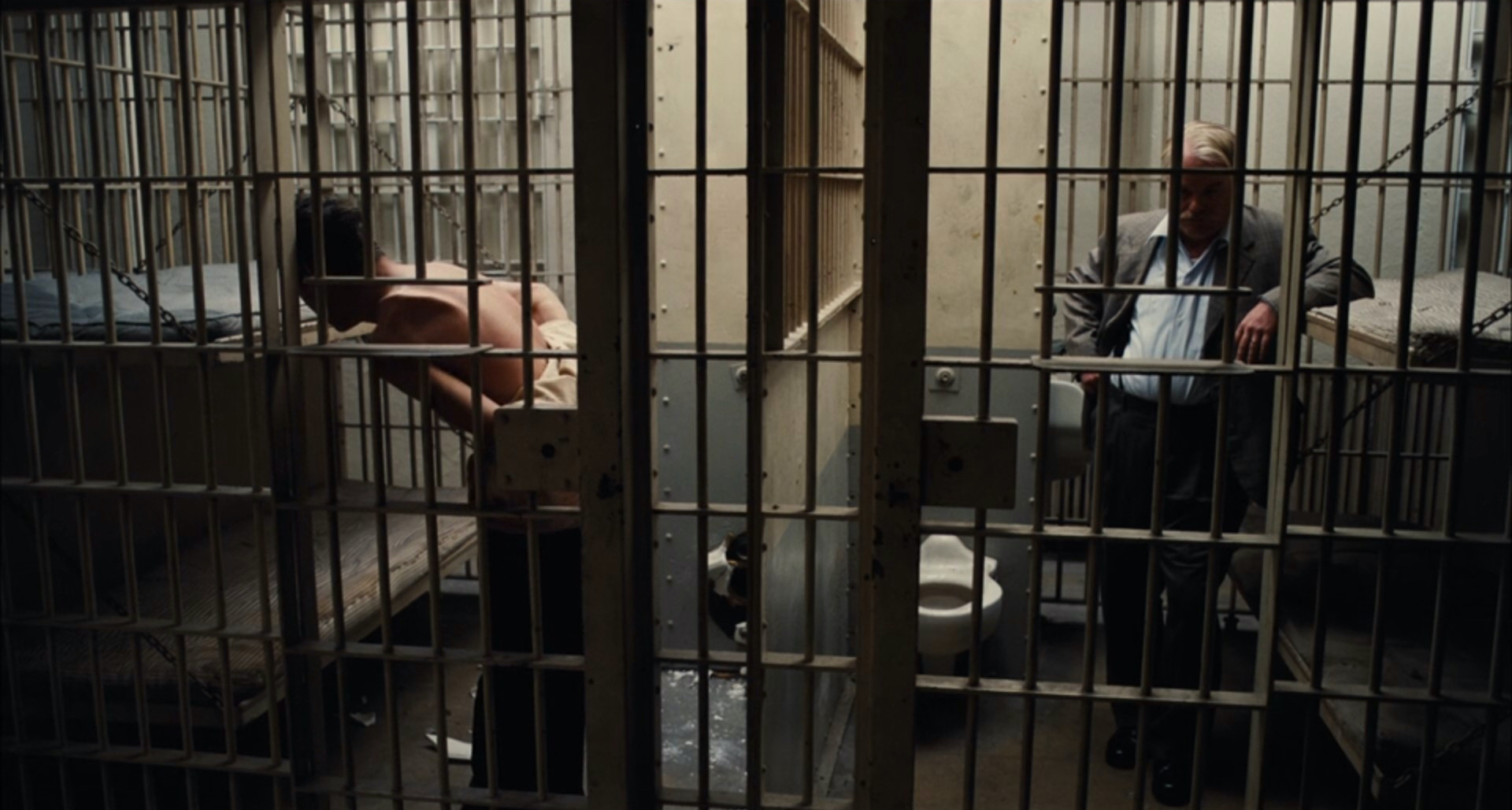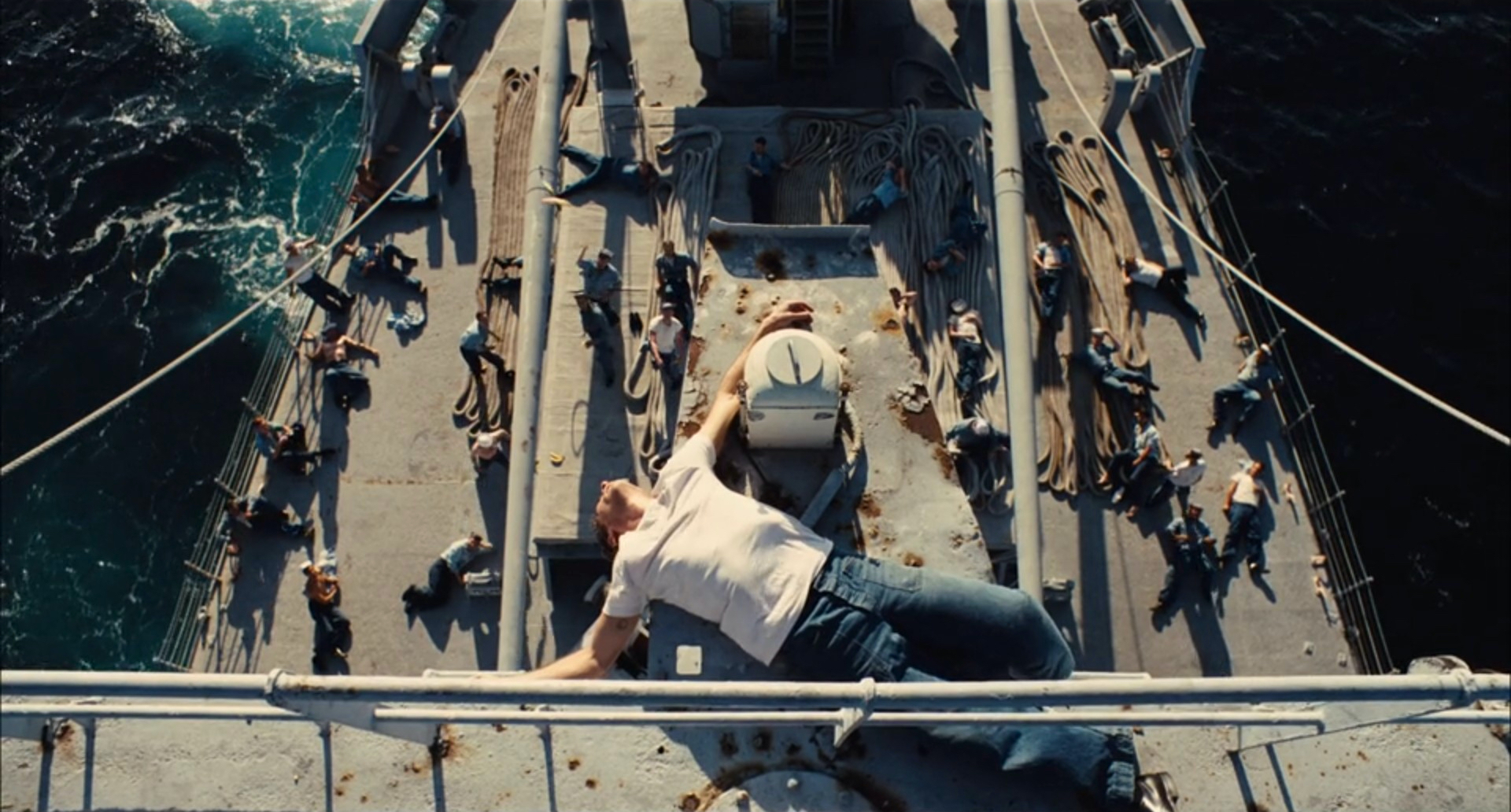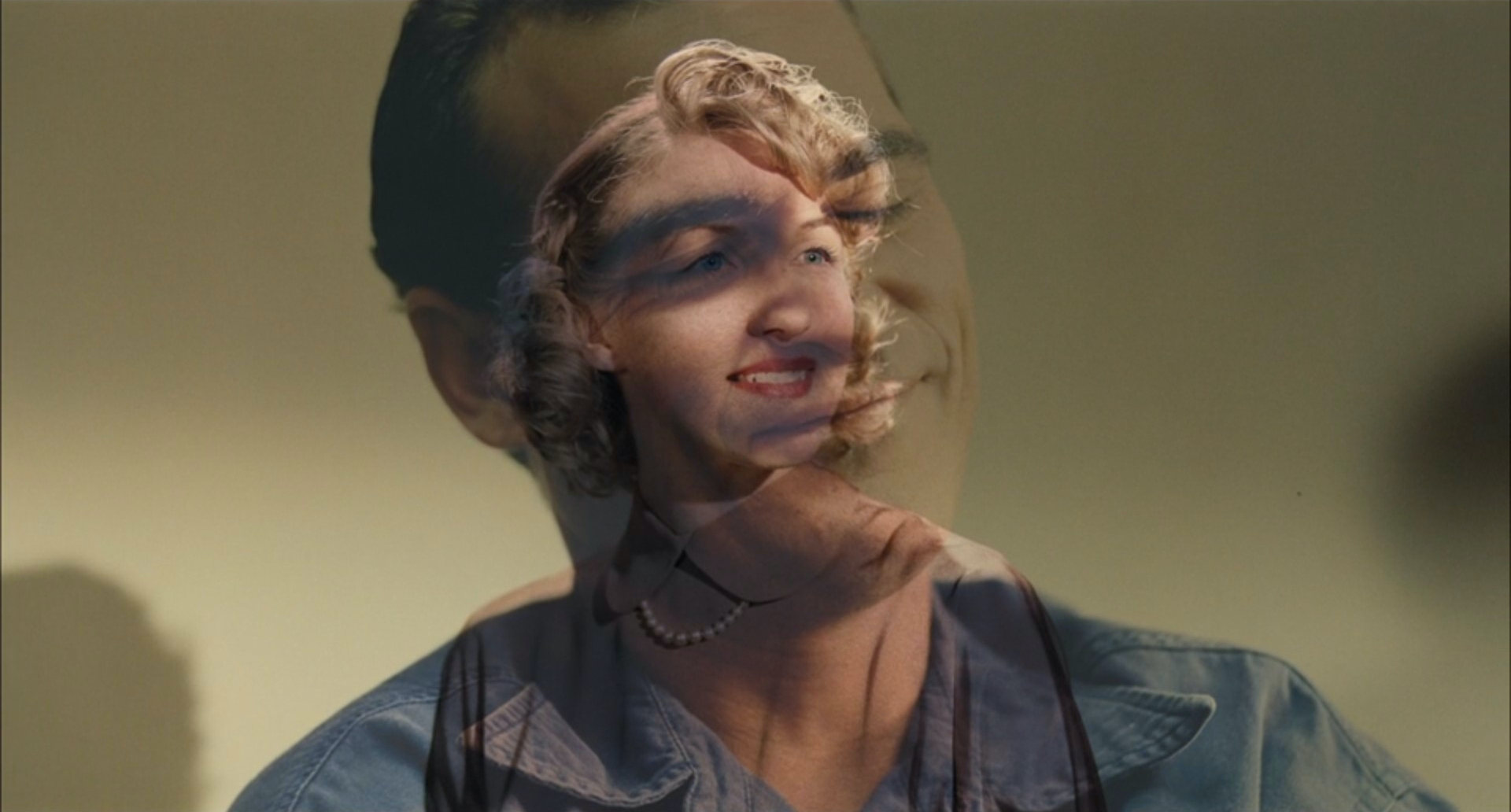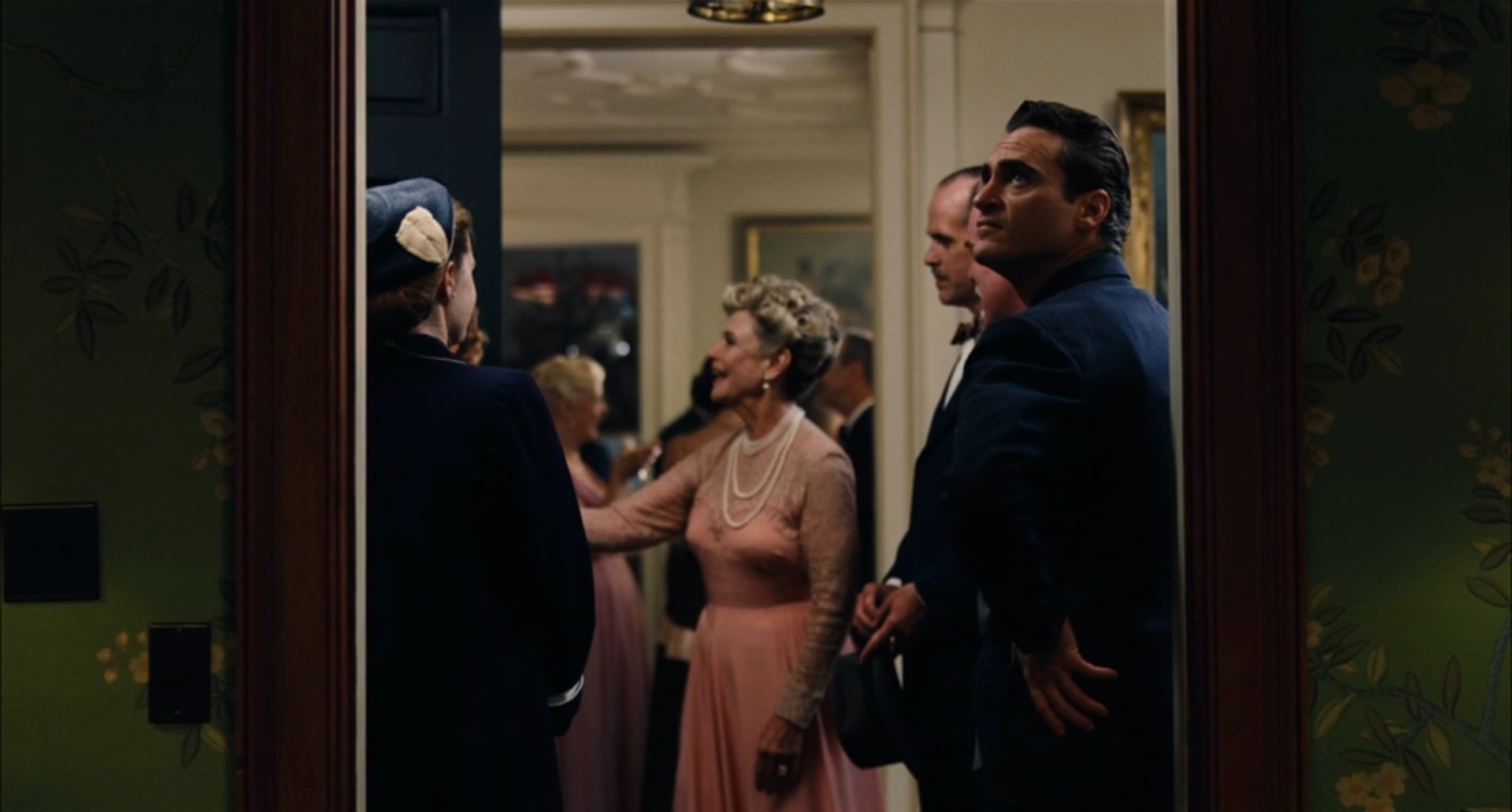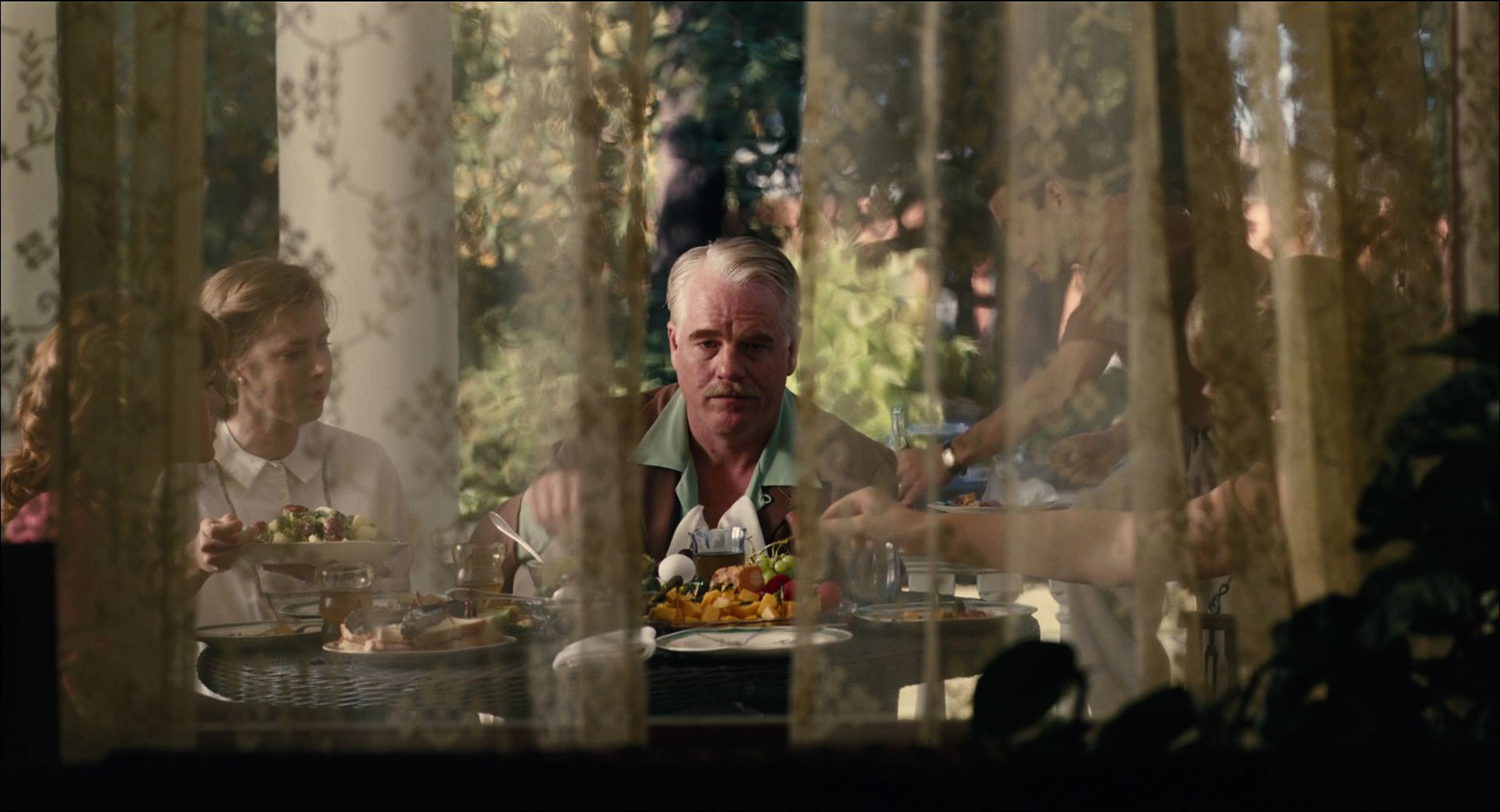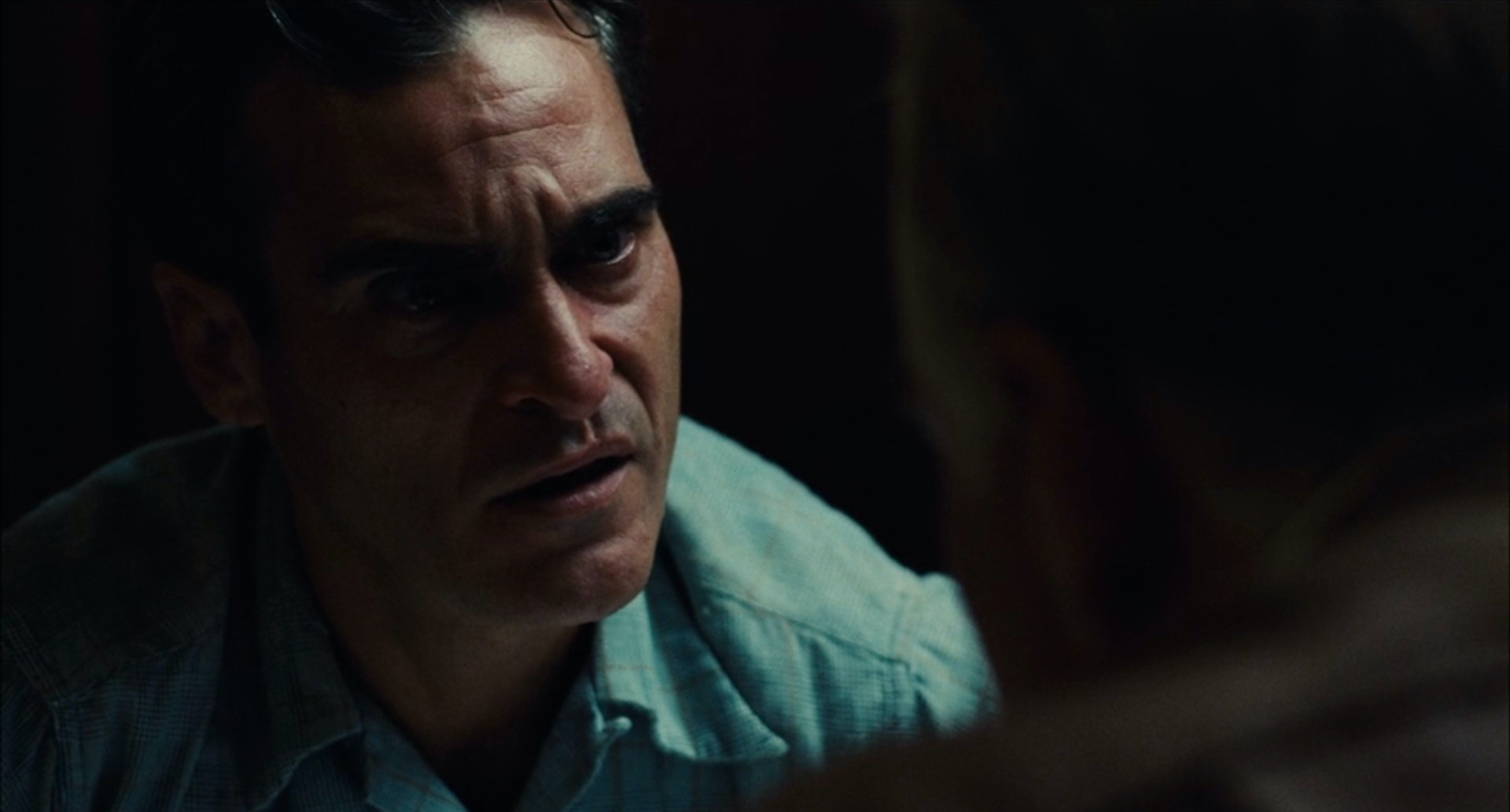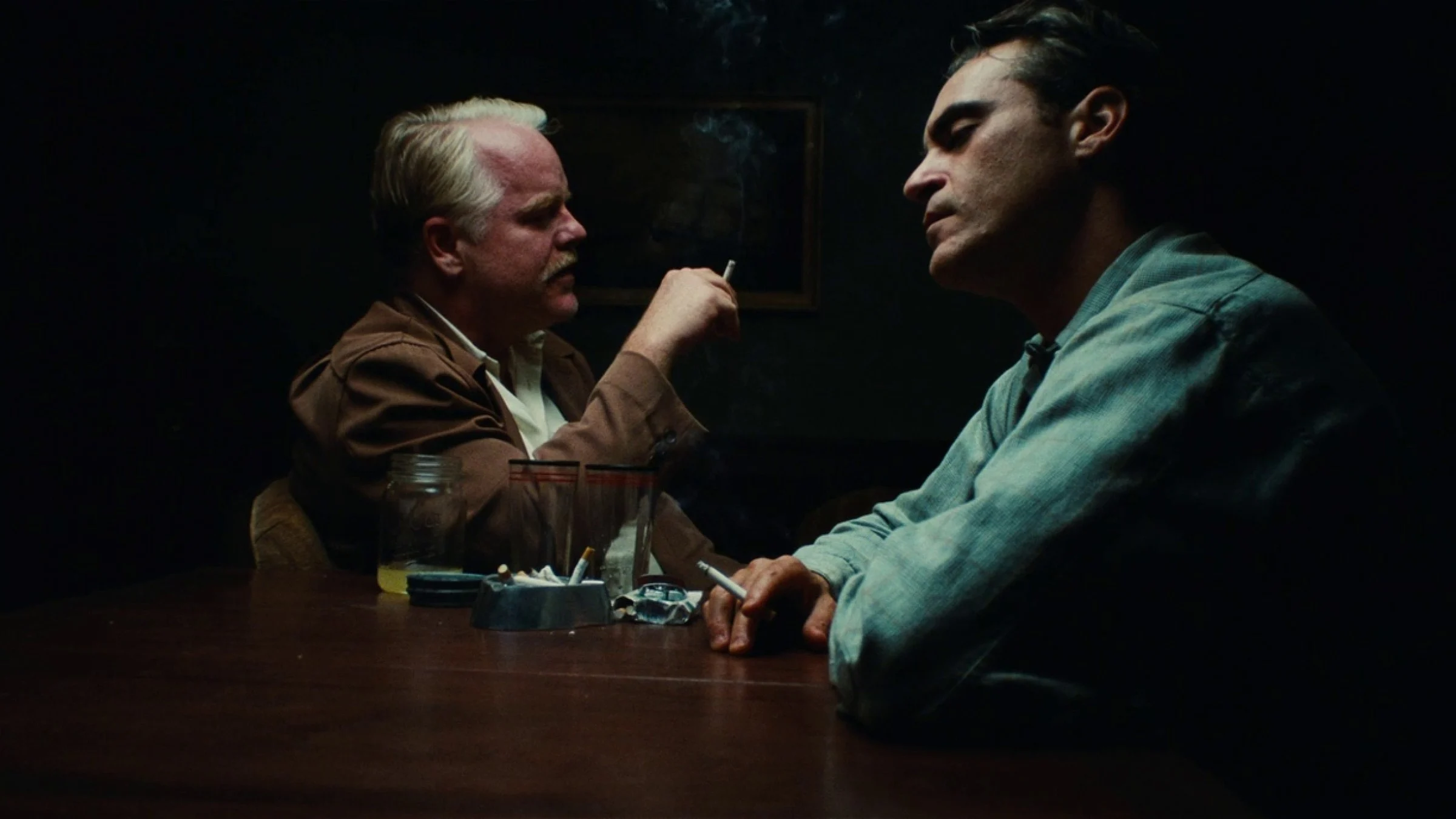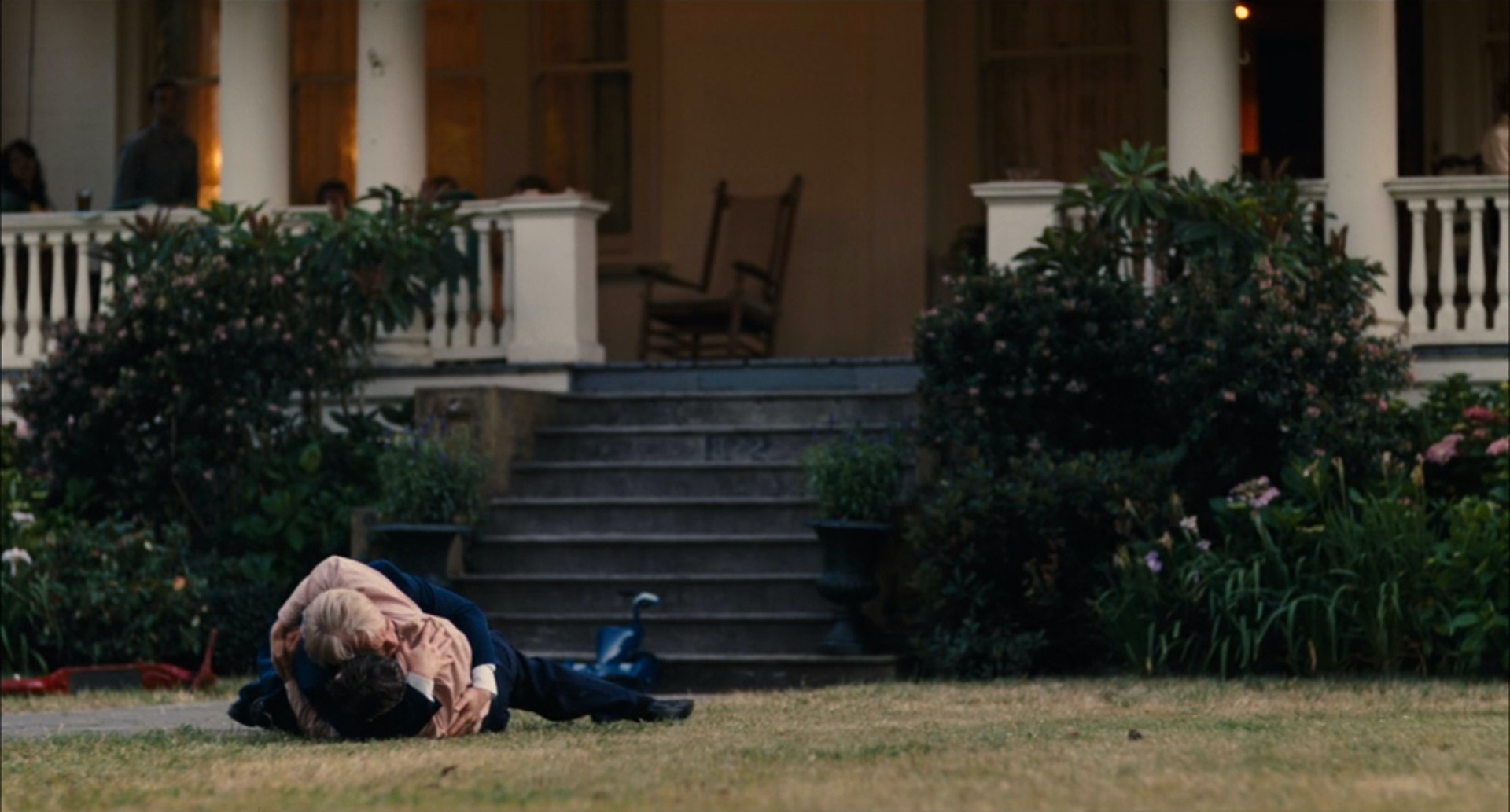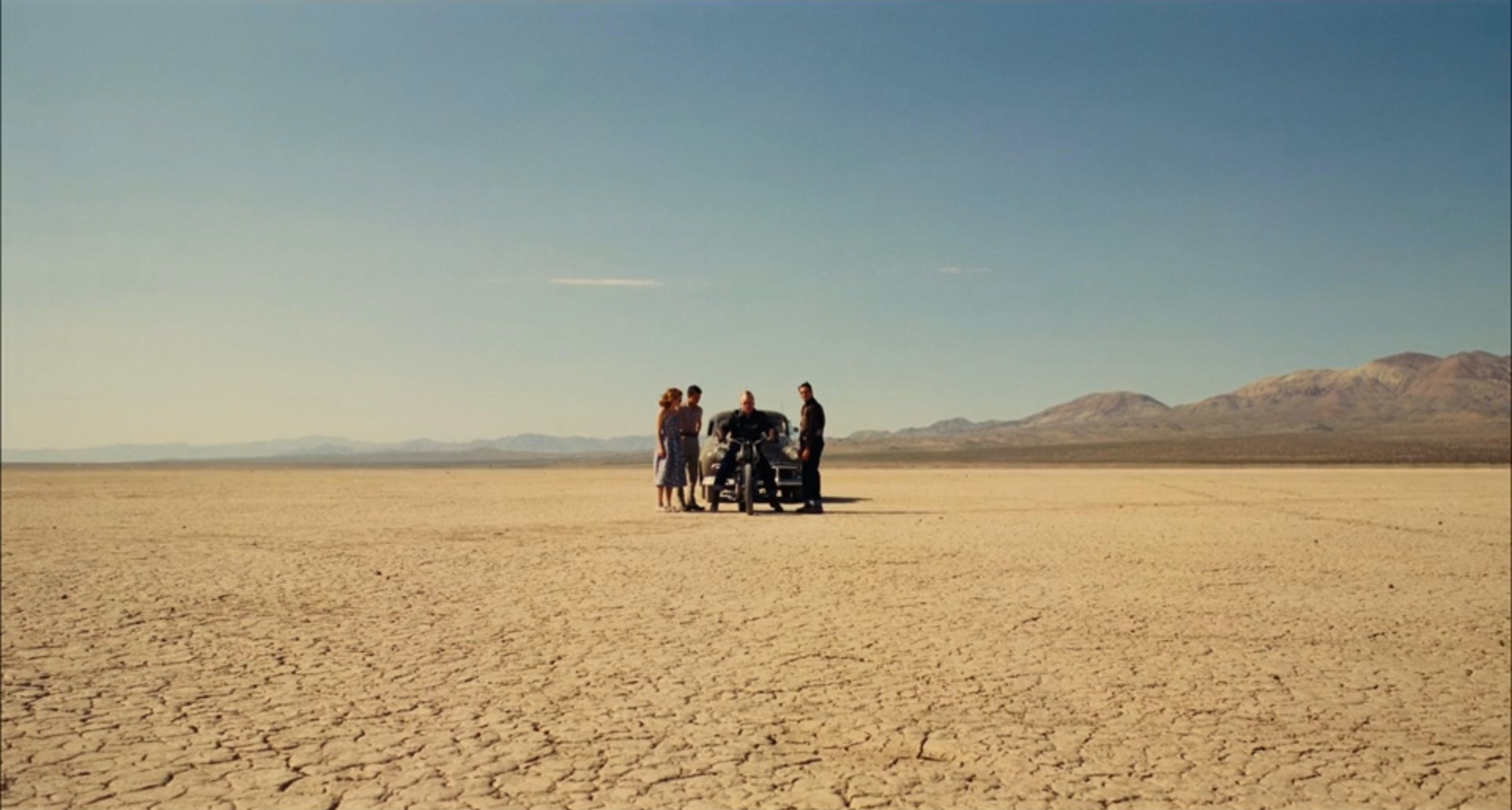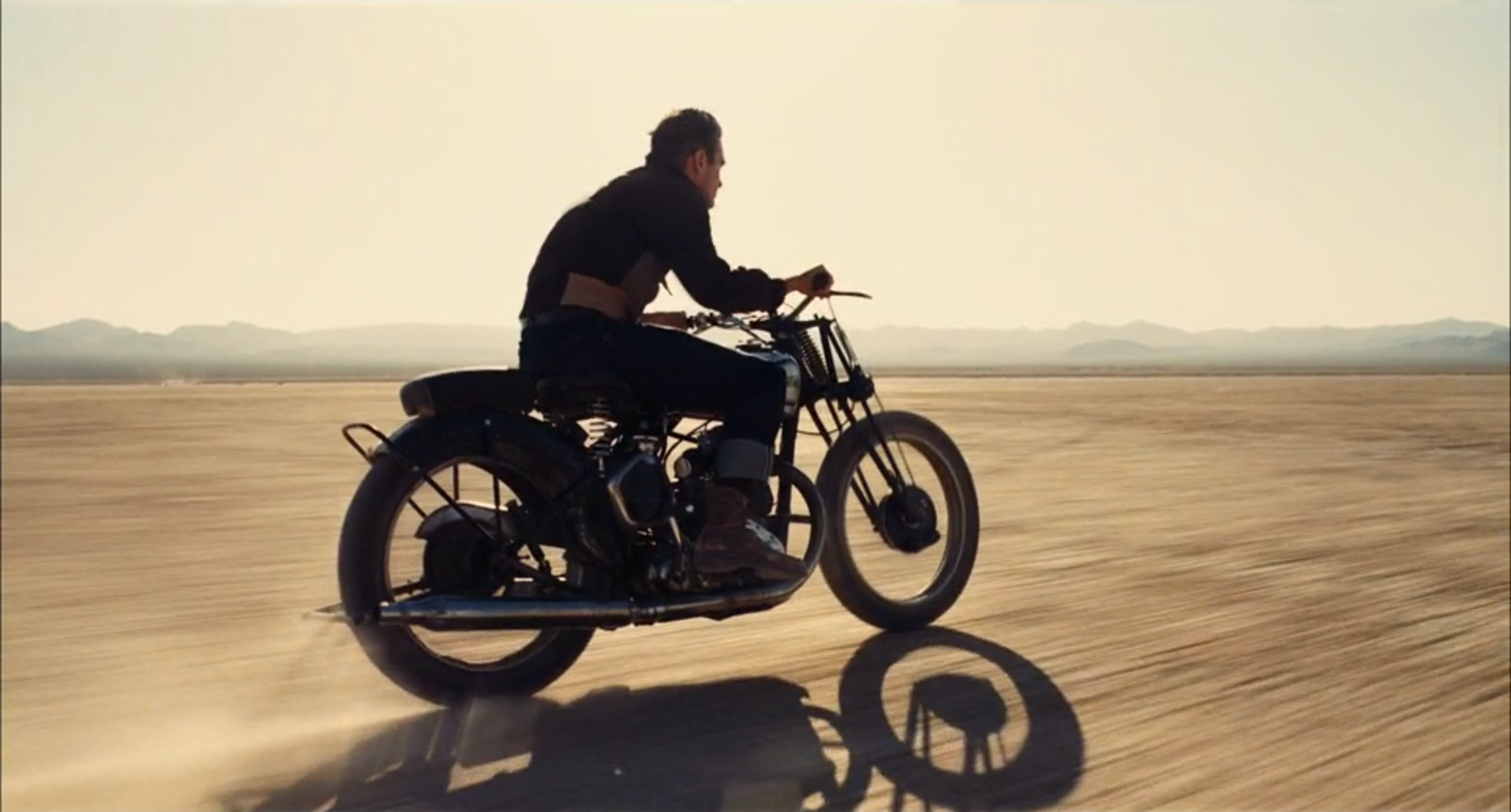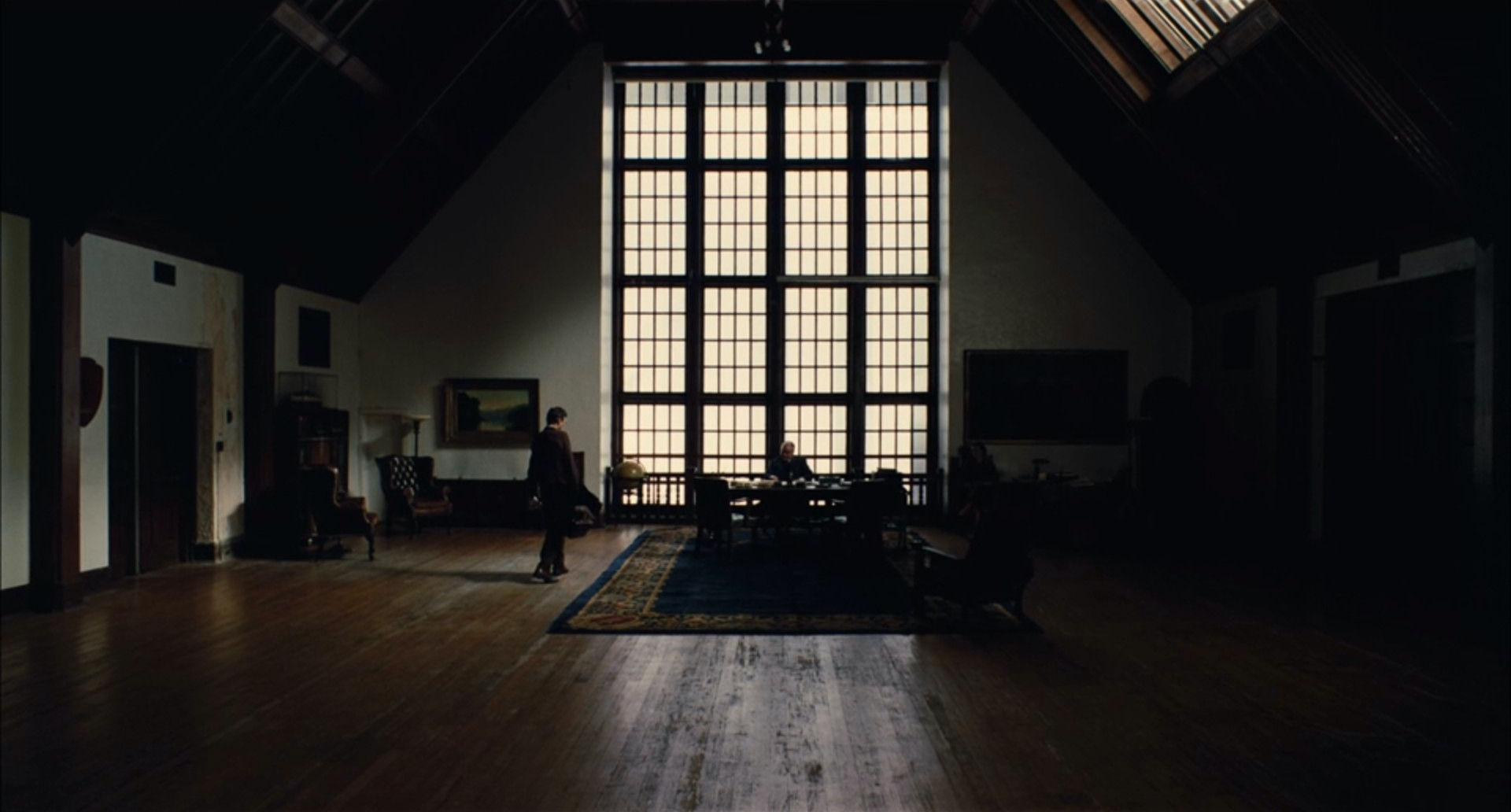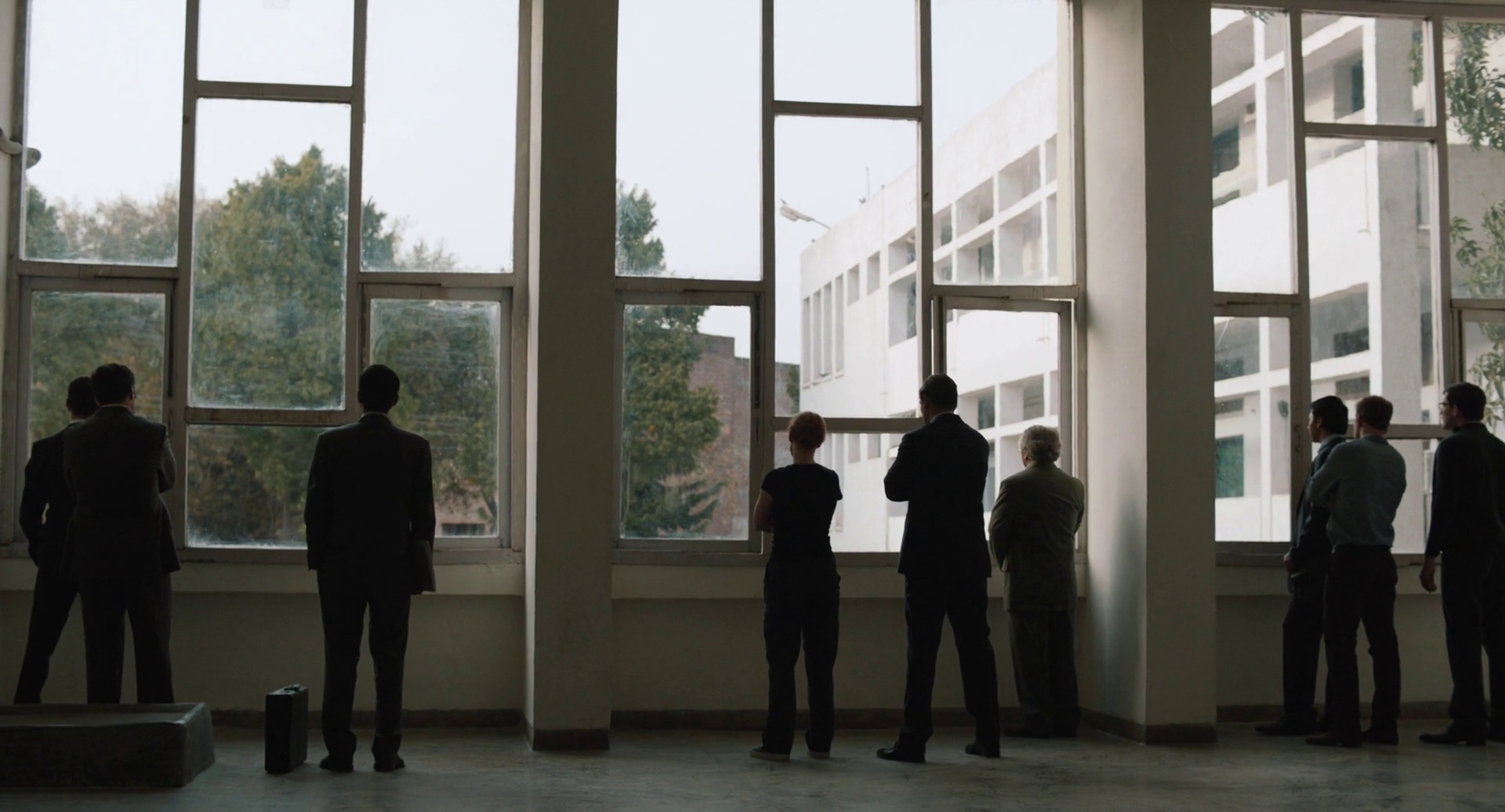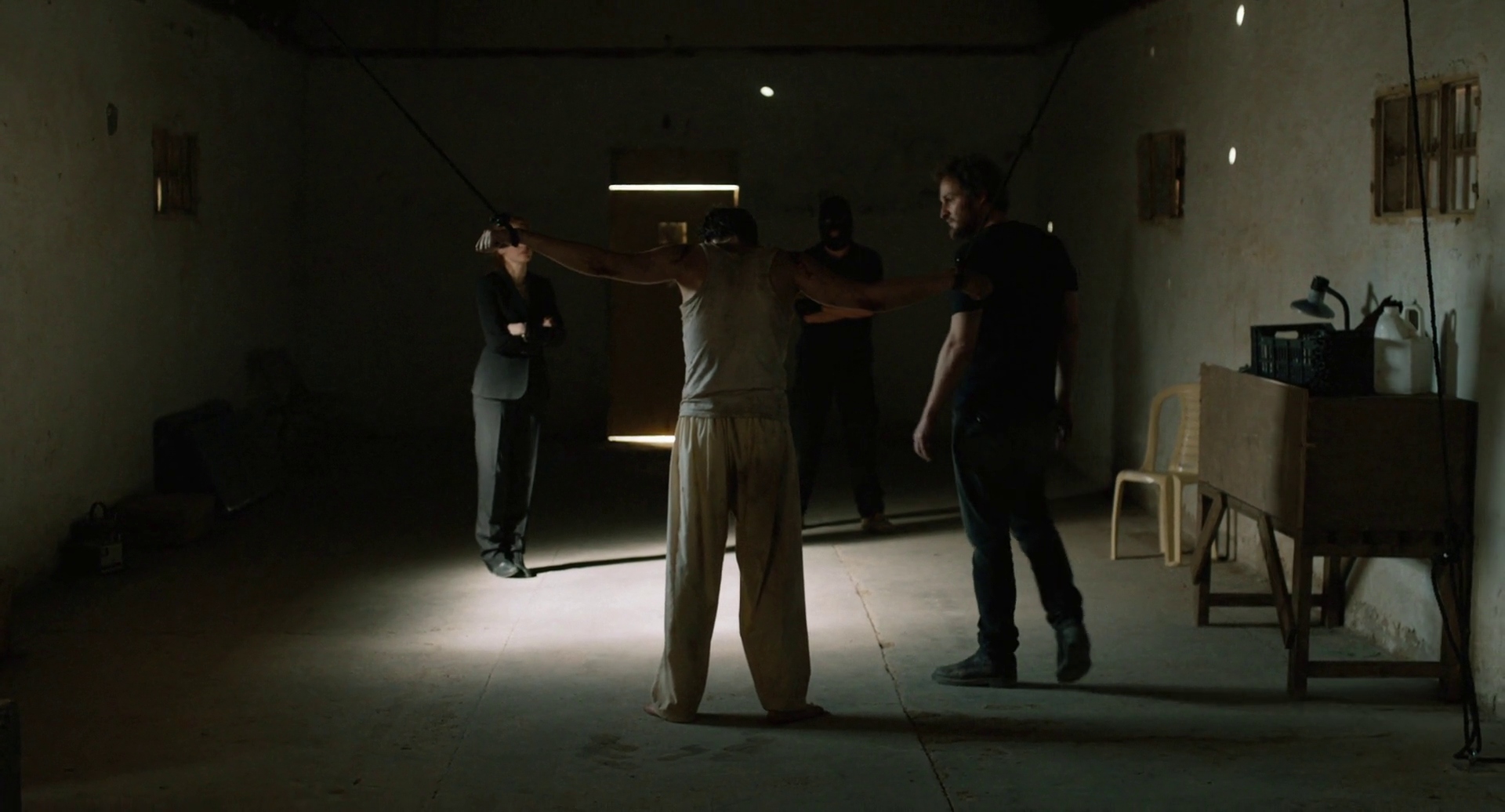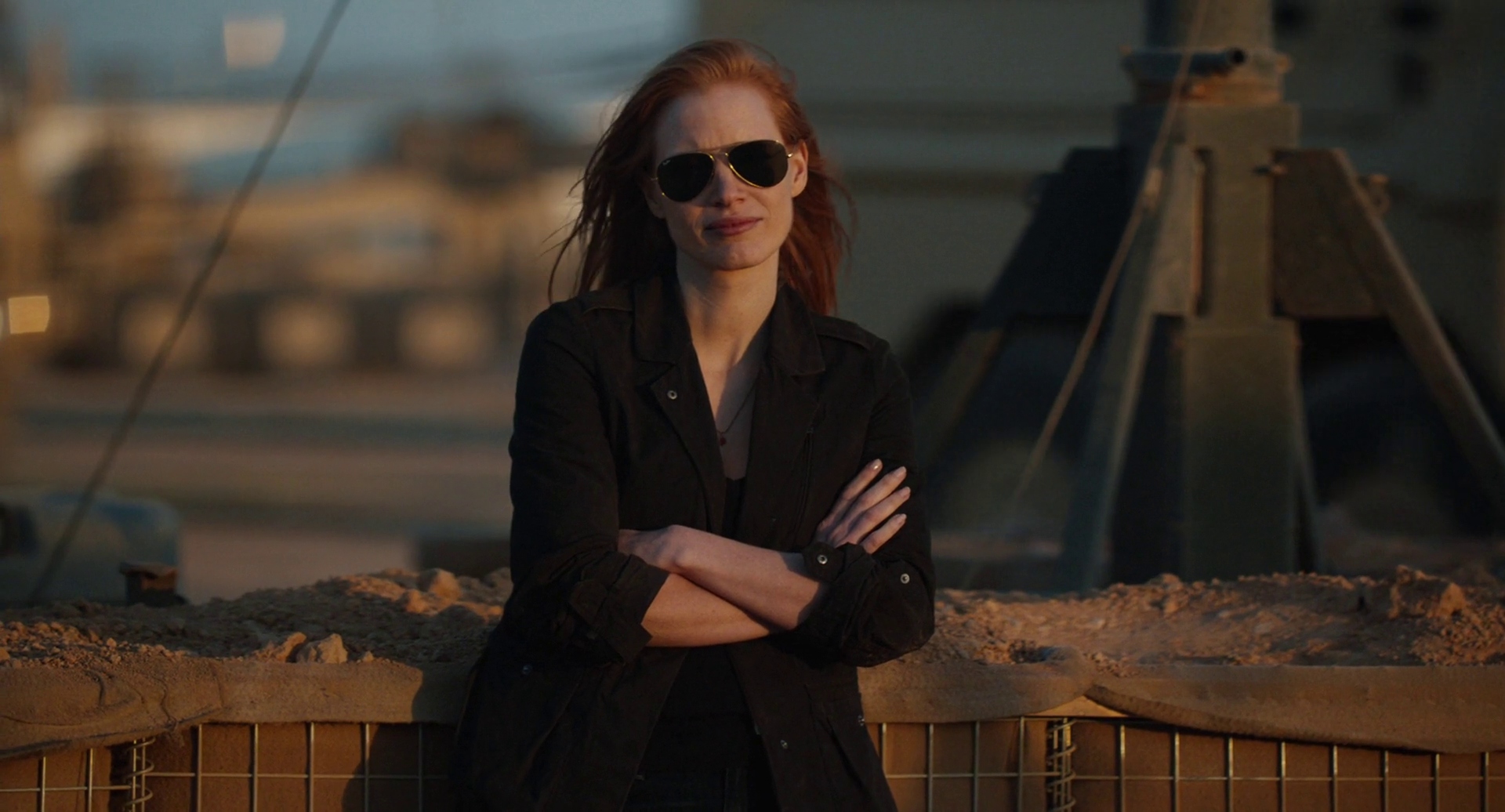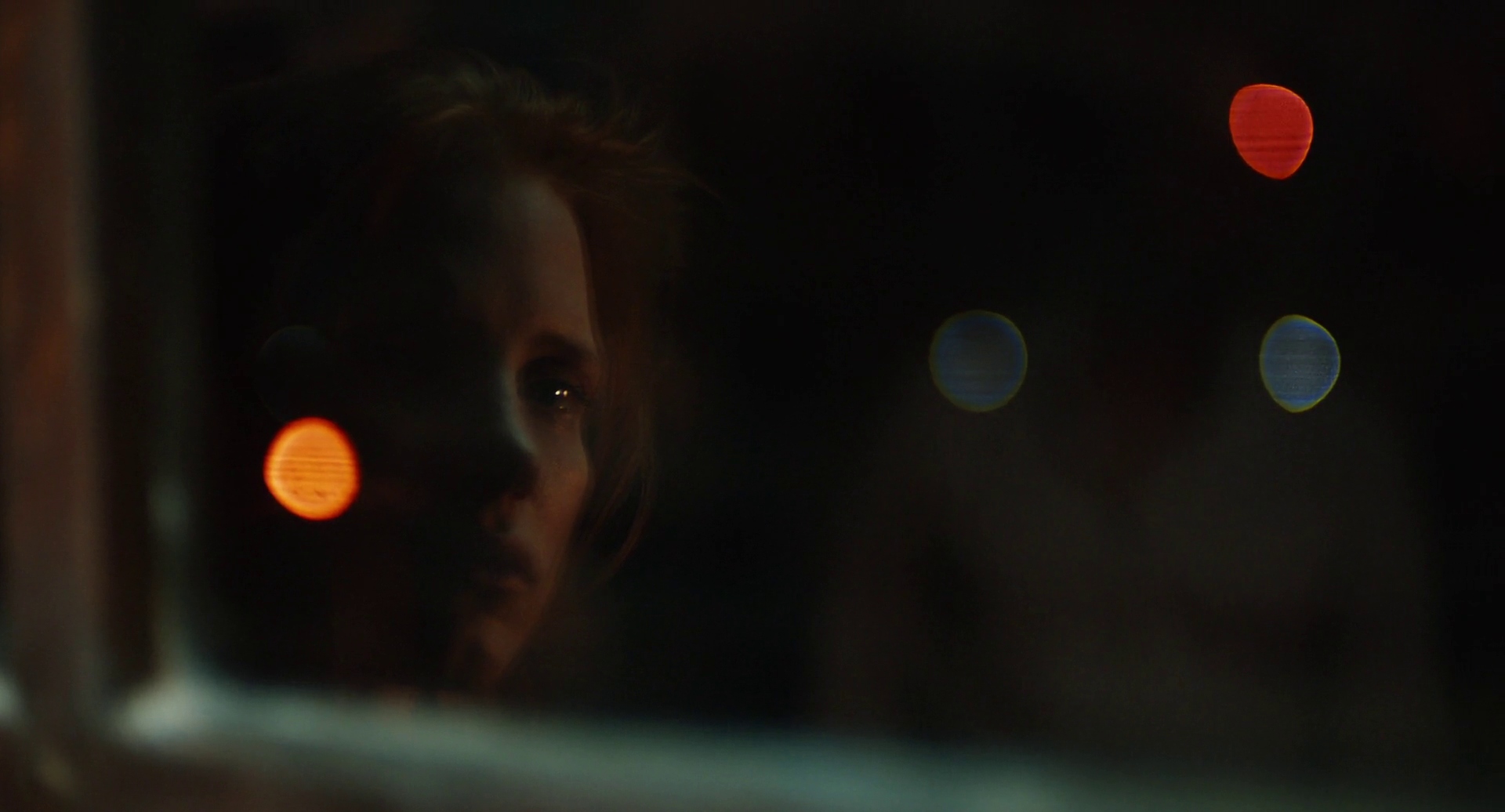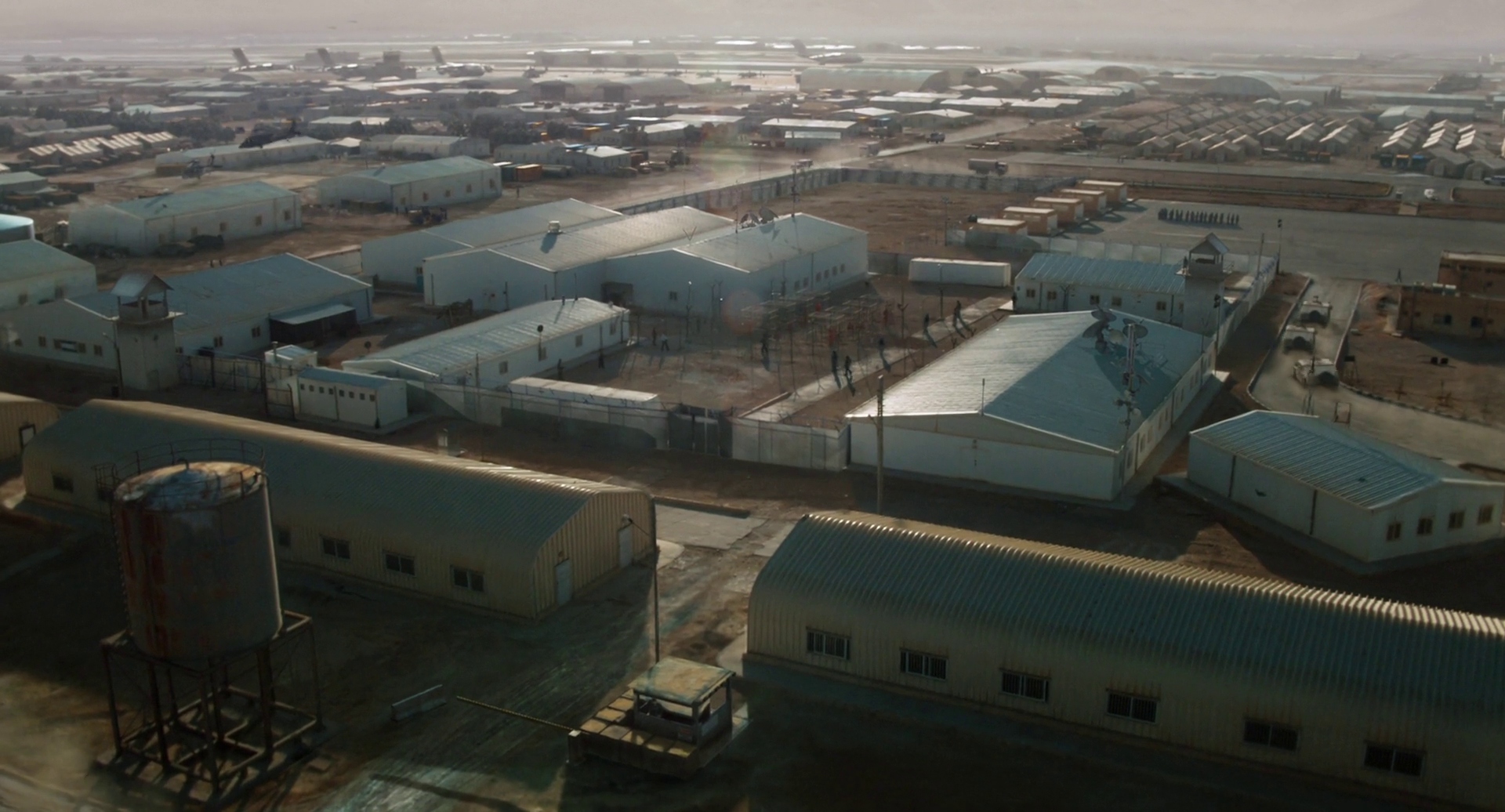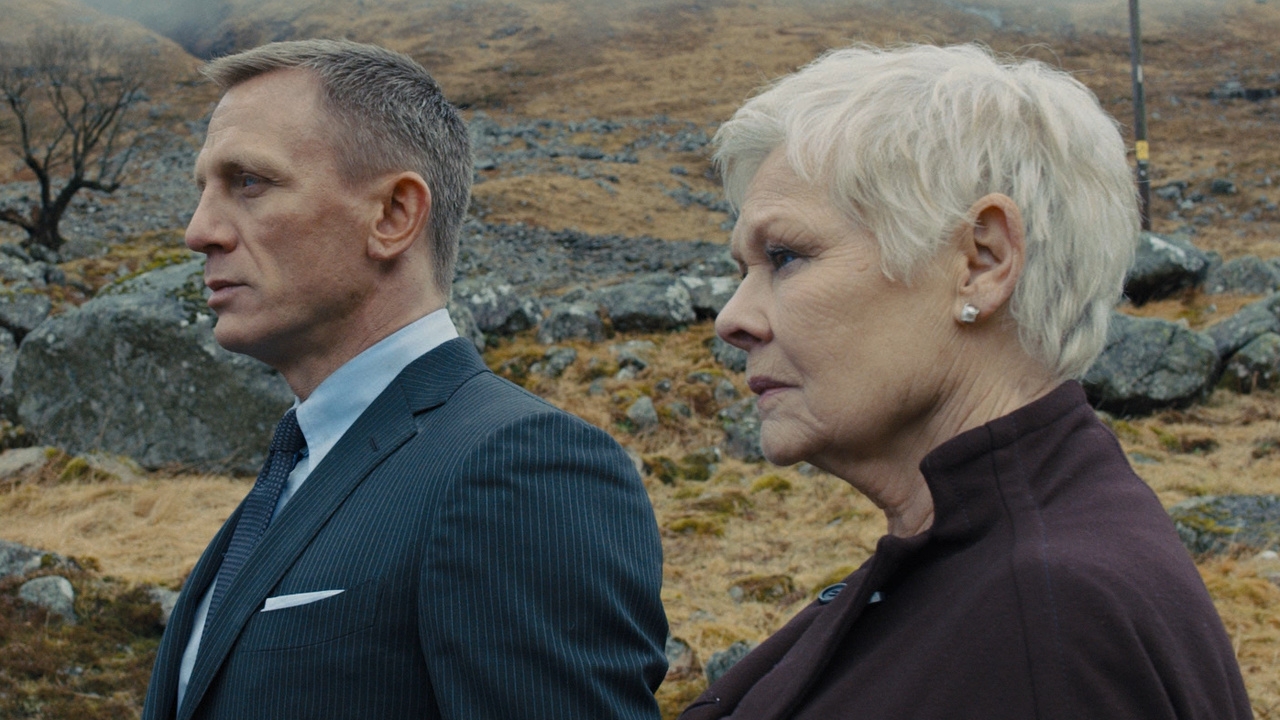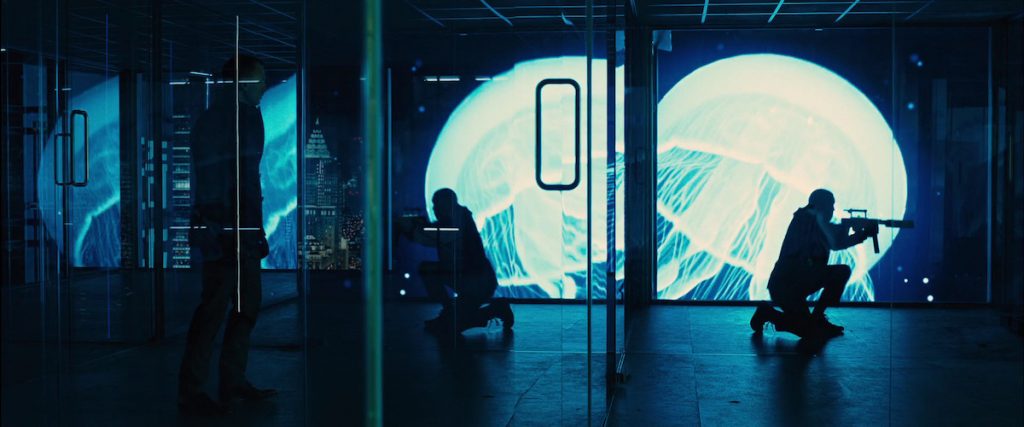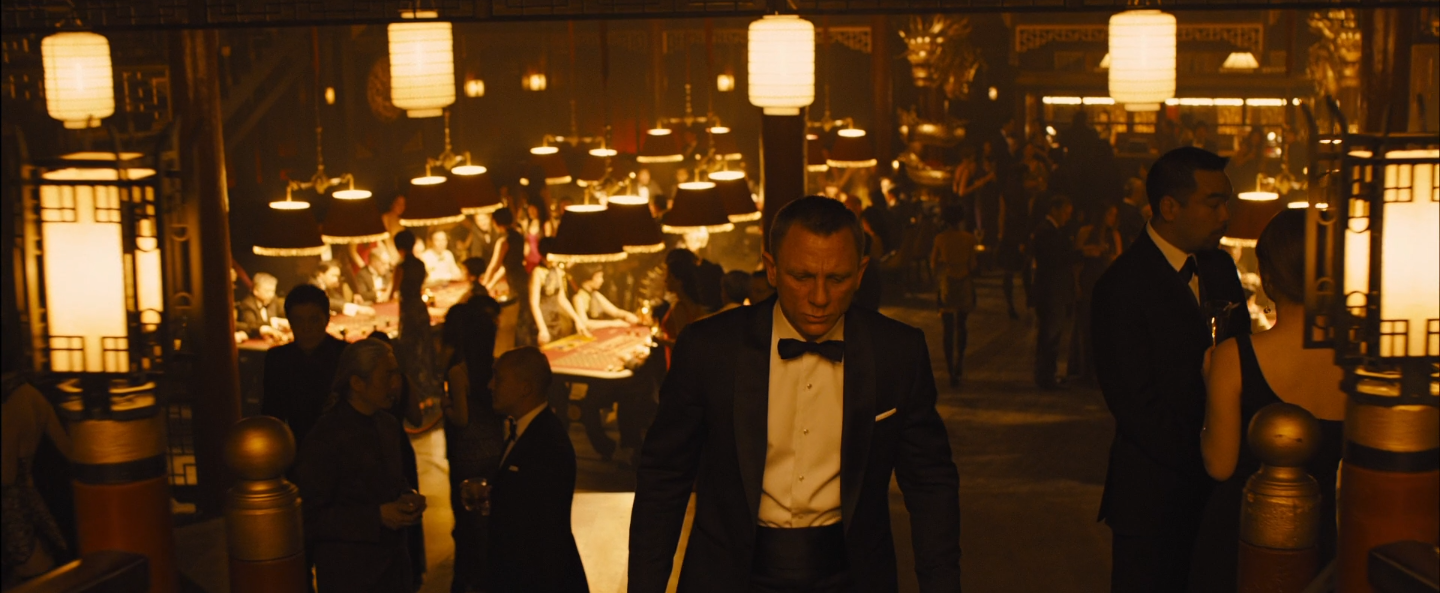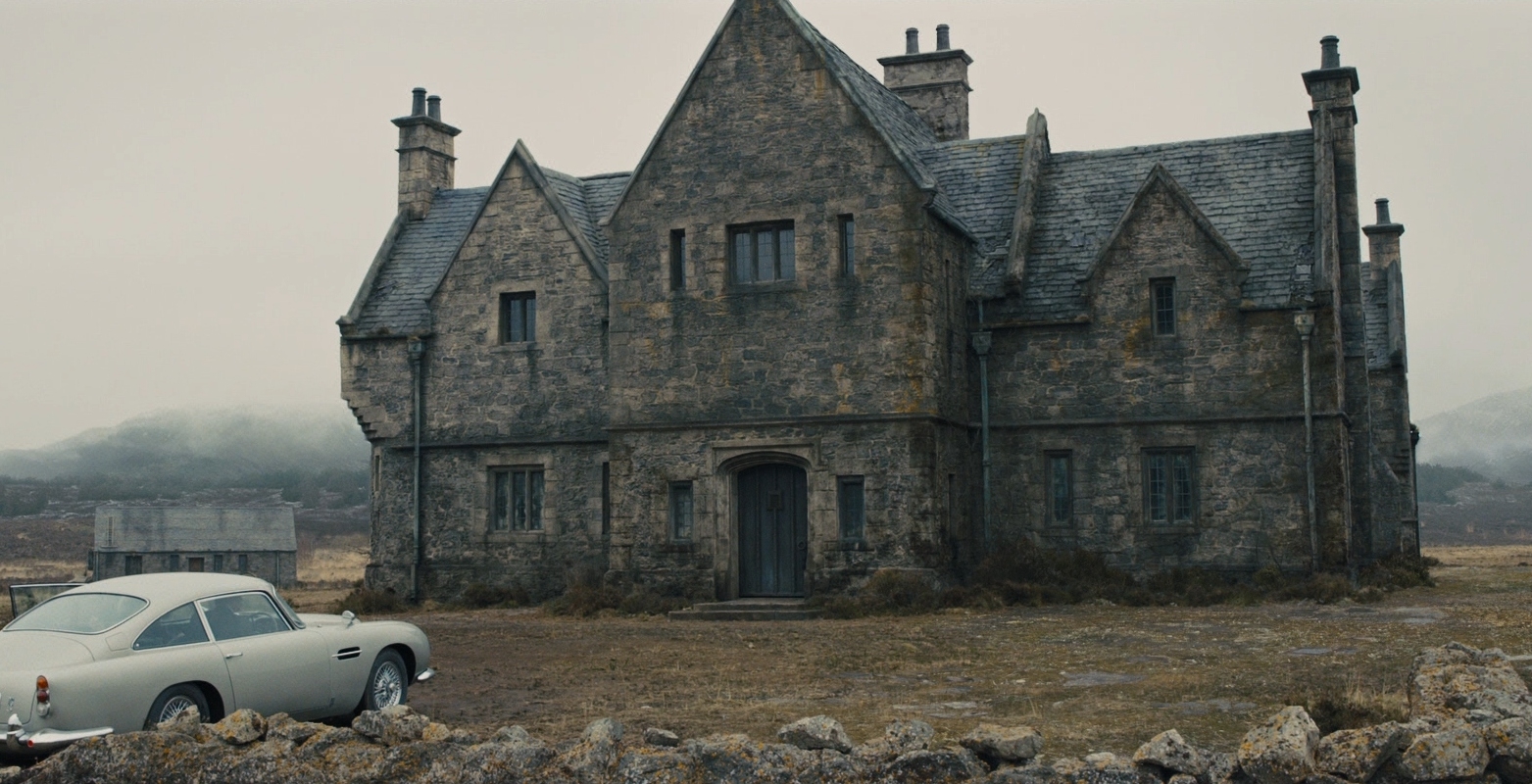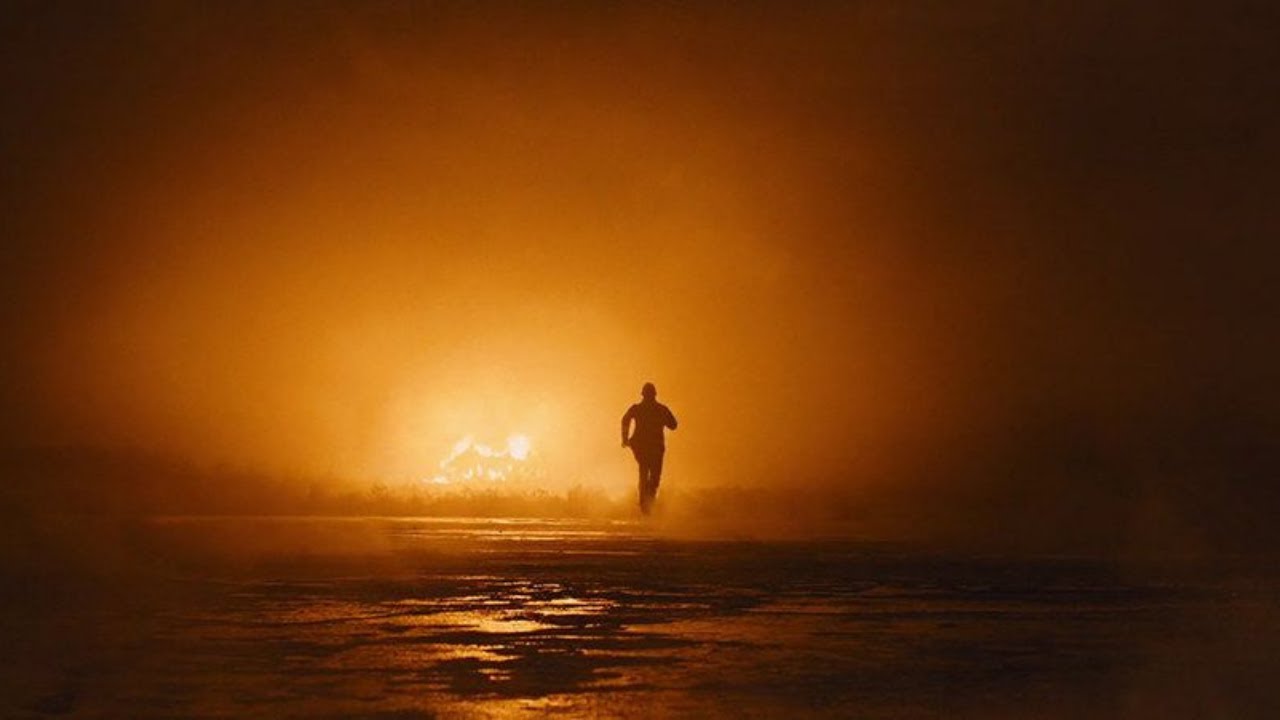Steven Spielberg | 2hr 29min

Steven Spielberg’s take on Abraham Lincoln may spend most of his days in and around the White House, tactically orchestrating the passage of the slavery-ending 13th Amendment, though the terror of the Civil War is never far away. Muddy battlefields of fighting and fallen soldiers are washed out in muted, blue tones, thick with a smoke that can’t entirely conceal the blazing red and white stripes of waving Union flags. Within Lincoln’s house too, his own son Robert is incited by the brutal sight of mass graves to join the Union’s stand against the Confederacy, particularly concerning his parents who have only recently lost another child.
Most of all though, hanging in the balance is the recognised personhood of every Black man and woman who passes through this narrative – Mary Lincoln’s confidante Elizabeth Keckley, Abraham Lincoln’s valet William Slade, as well as those African American soldiers we meet risking their lives on the frontlines. The stakes are monumental, yet the legislative processes needed to pass the amendment are also painstakingly dense, and Lincoln does not spare us from the granular detail. This is not a film that merely glides across the surface of history, but studiously examines each political manoeuvre made by the 16th President of the United States during the last few months of his life, and the weighty consequences they bore.
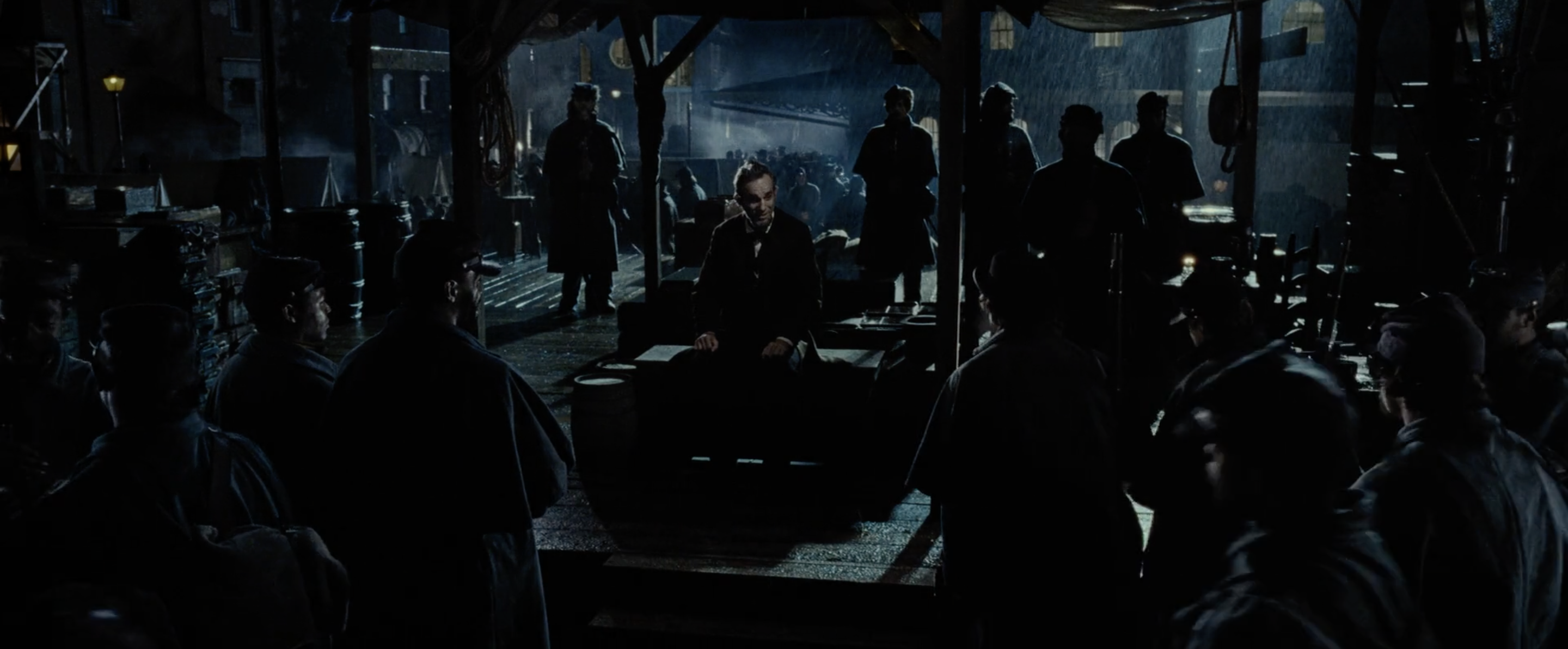
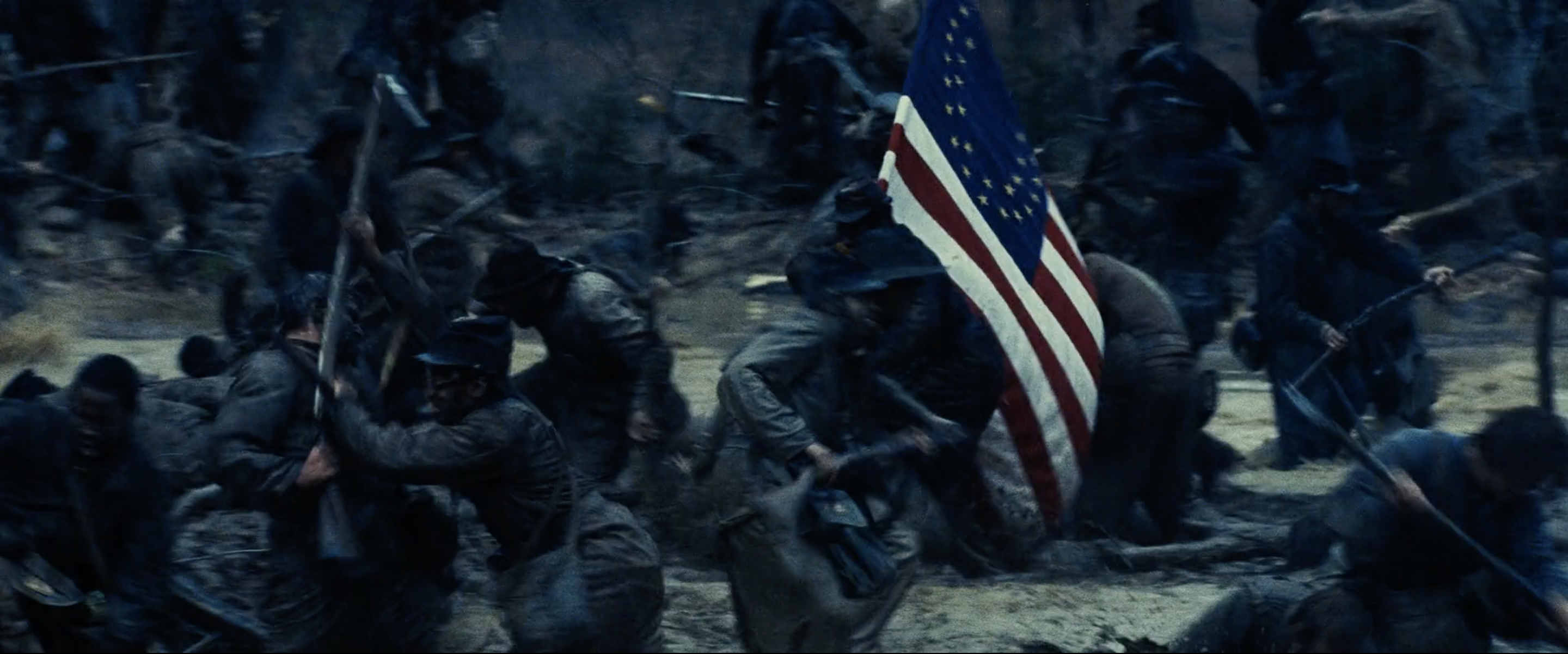
Tony Kushner’s screenplay is patient in its approach to this course of events, laying out Lincoln’s objective of winning over enough congressmen to pass the 13th Amendment, and then breaking it down into a series of smaller political battles. The opposing Democrats are his prime targets here, though difficulties also arise within Lincoln’s own party, including Thaddeus Stevens’ contentious backtracking on what the amendment represents – merely equality before the law, he proclaims, not equality in all things. With dialogue that is Shakespearean in its wit and grandiosity, Kushner turns what could have potentially been dry subject matter into a dramatic, occasionally even humorous treatise on the messy game of American politics.
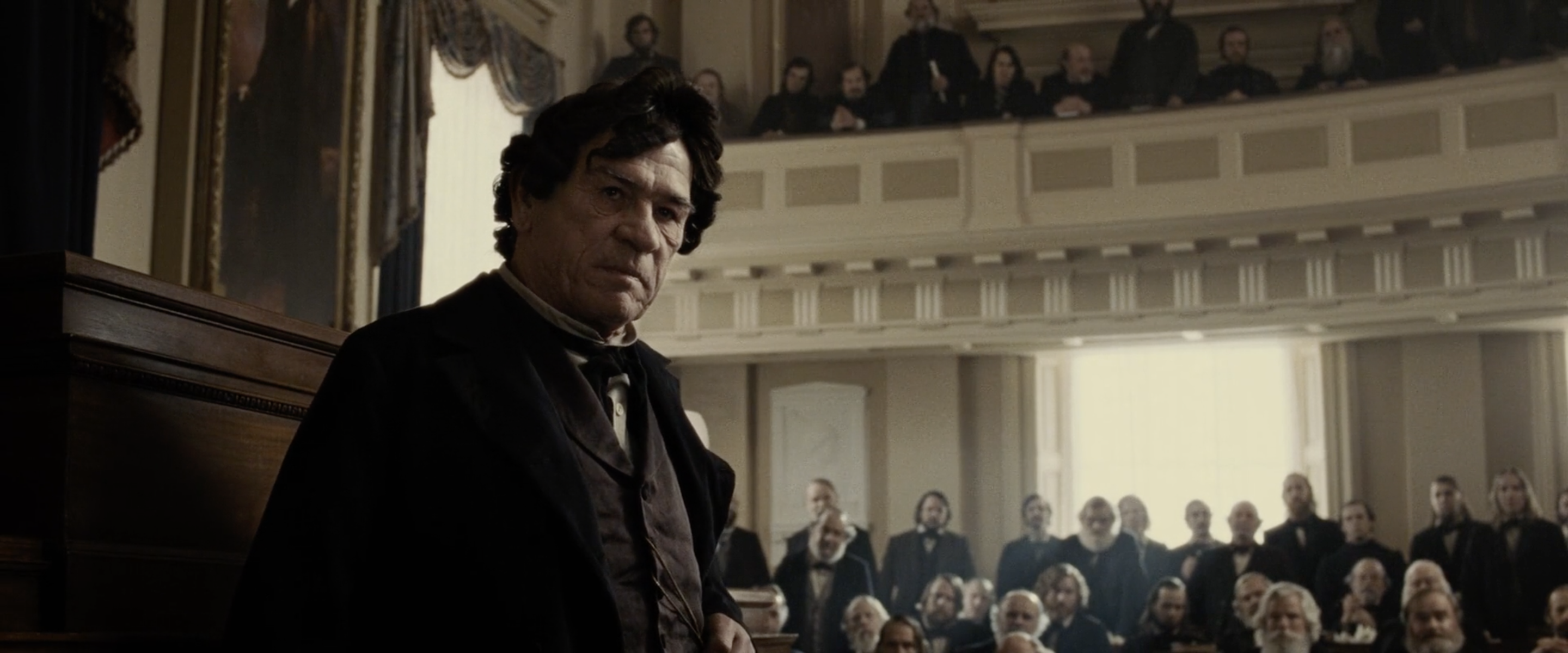
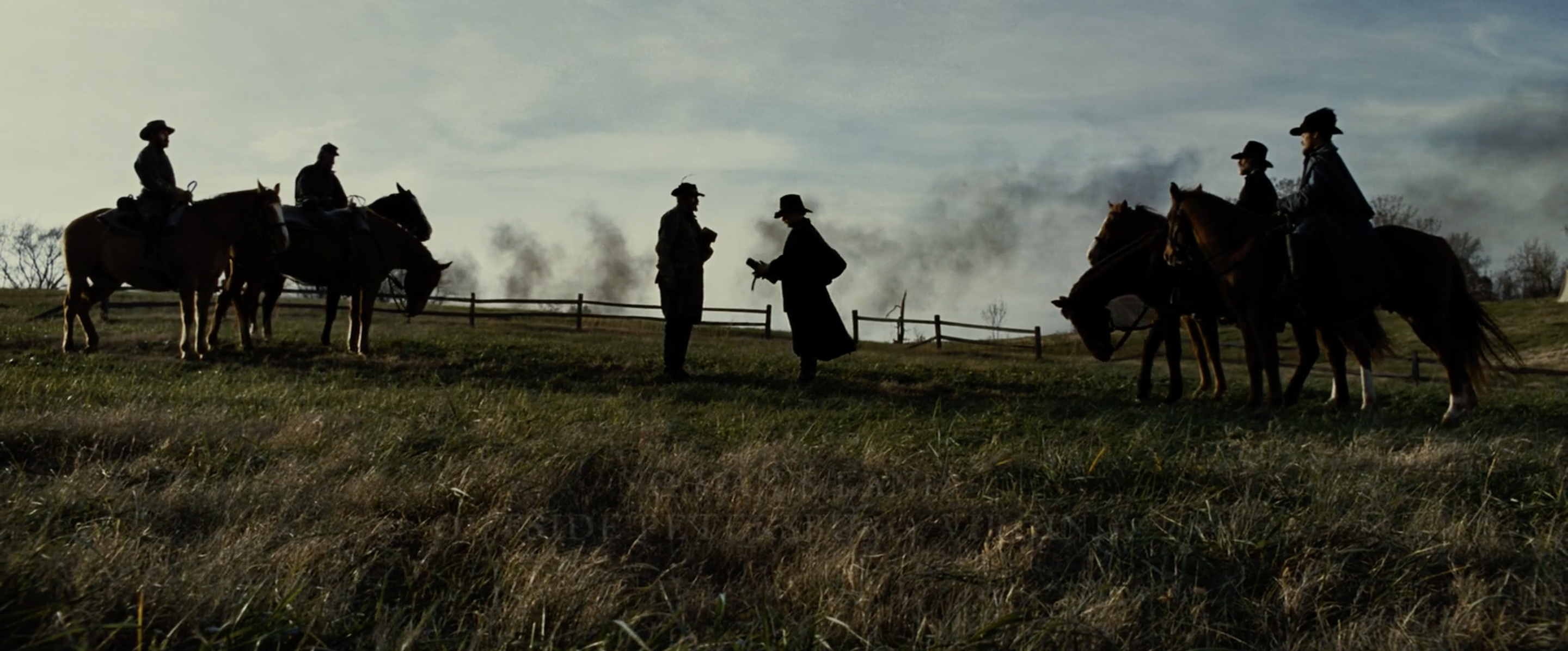
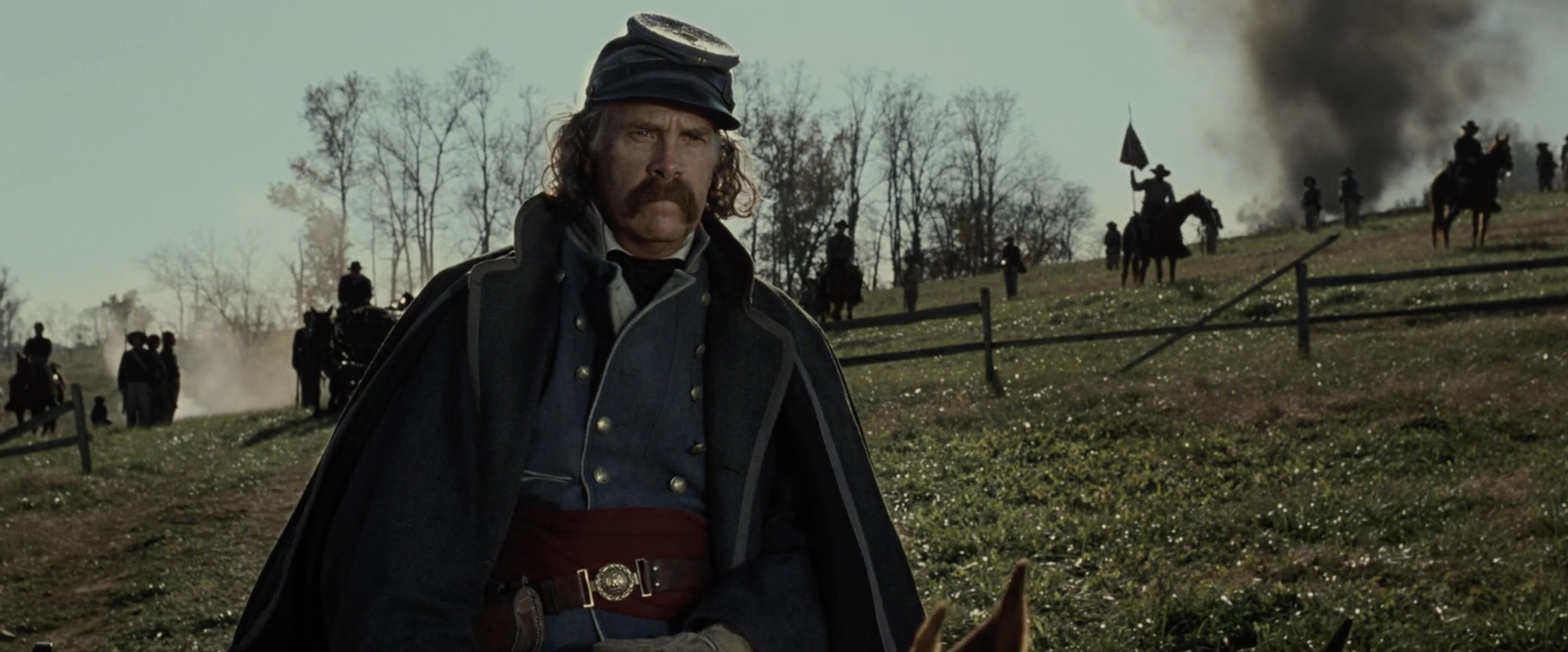
Of course, much of this is also thanks to the casting of Daniel Day-Lewis – an incredible stroke of luck given that it arrived in an era where he worked relatively infrequently, yet made each performance count. His dedication to method acting delivers astounding results, lifting one of history’s most distinguishable figures out of books and photographs with moments of mirth, anger, and desperation. The visual accuracy in his transformative prosthetic make-up is remarkable, but he also matches that wrinkled, bearded face with a thoughtful demeanour and reedy voice that uses lengthy soliloquies to enrapture entire rooms.
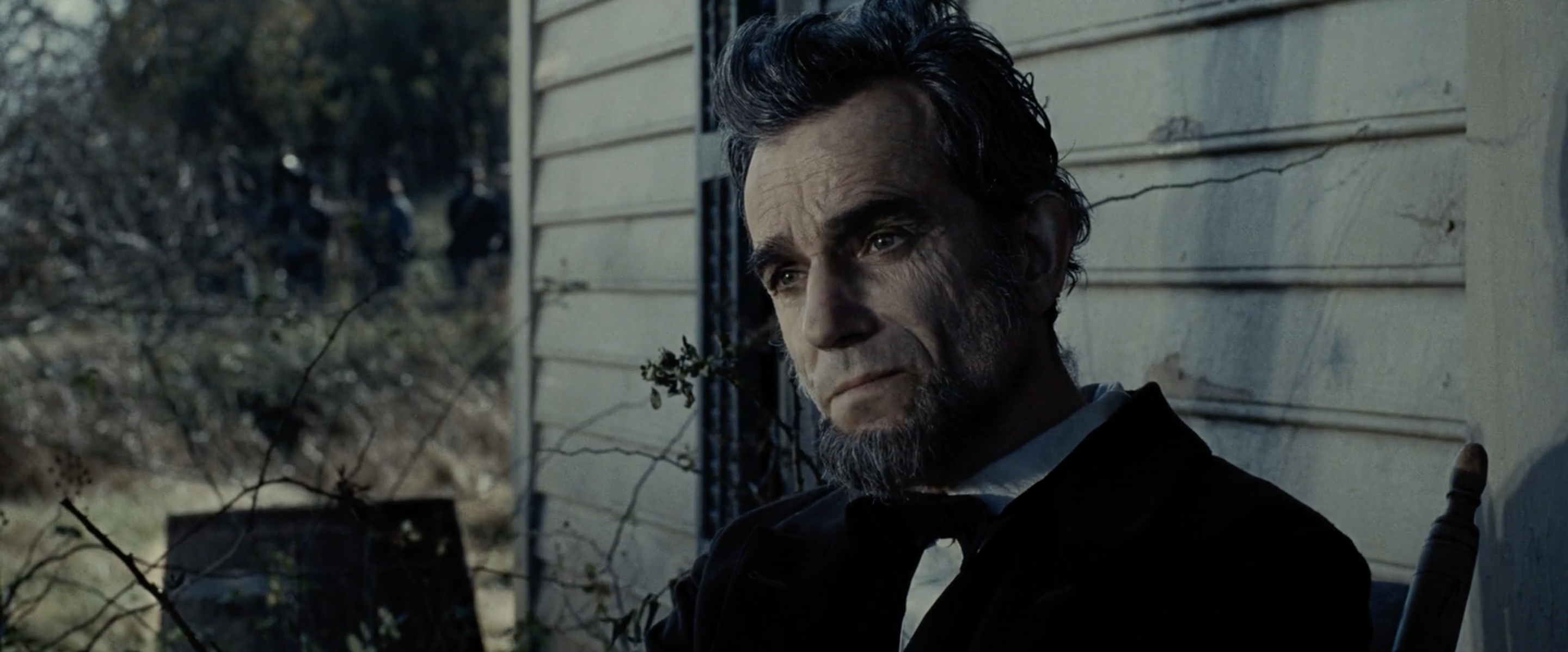
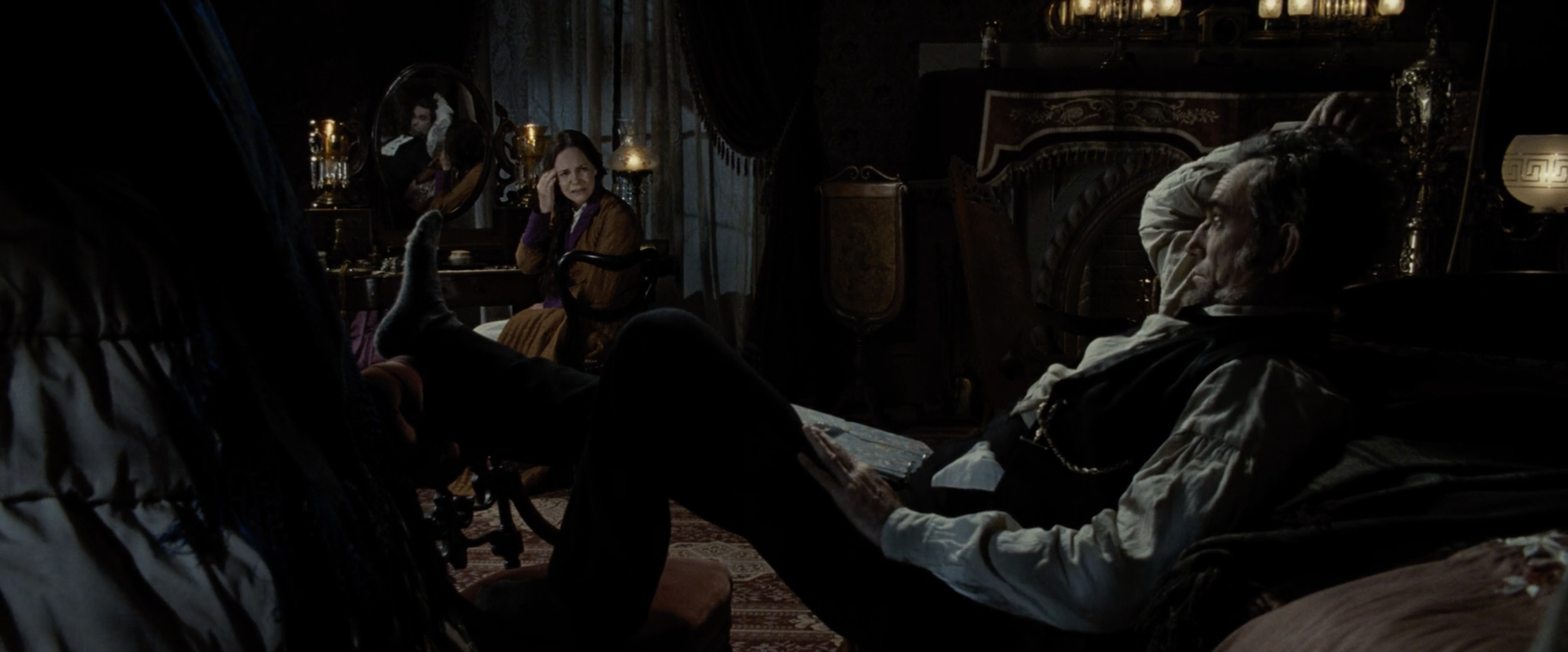
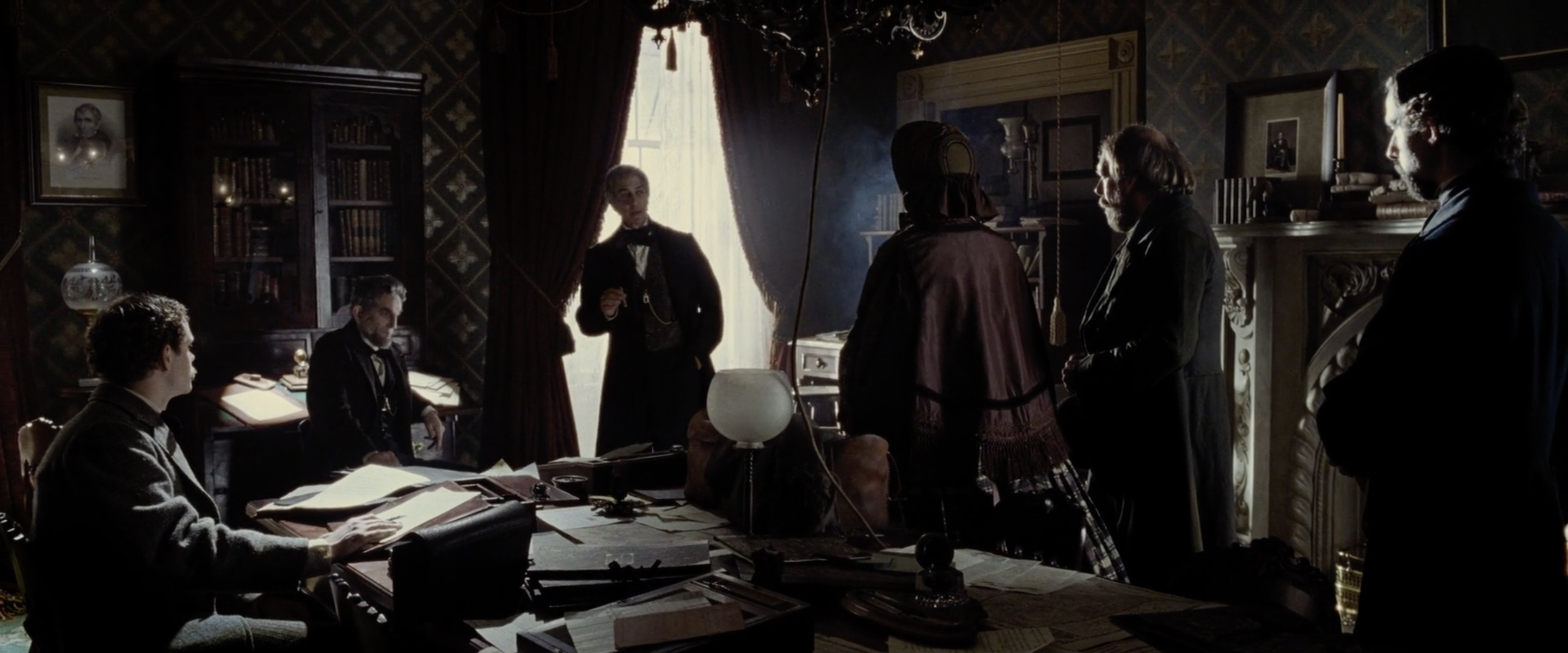
Even beyond Day-Lewis, this is an ensemble that is loaded with fresh-faced and veteran actors alike, many of whom had or would soon have bright careers in Hollywood. Spielberg is a natural when it comes to capitalising on that extraordinary talent too, navigating their meetings in low-lit interiors through a dynamic camera that shifts, circles, and dollies with the natural flow of their discussions. The mise-en-scène maintains a painterly quality here, often using the natural light of lamps, fireplaces, and windows to shed a soft glow across the period décor and crowds. The total cinematographic effect is subtle but efficient, unifying the camerawork and impeccable staging of actors to guide our eye through each scene with organised purpose, and at times even urgency.
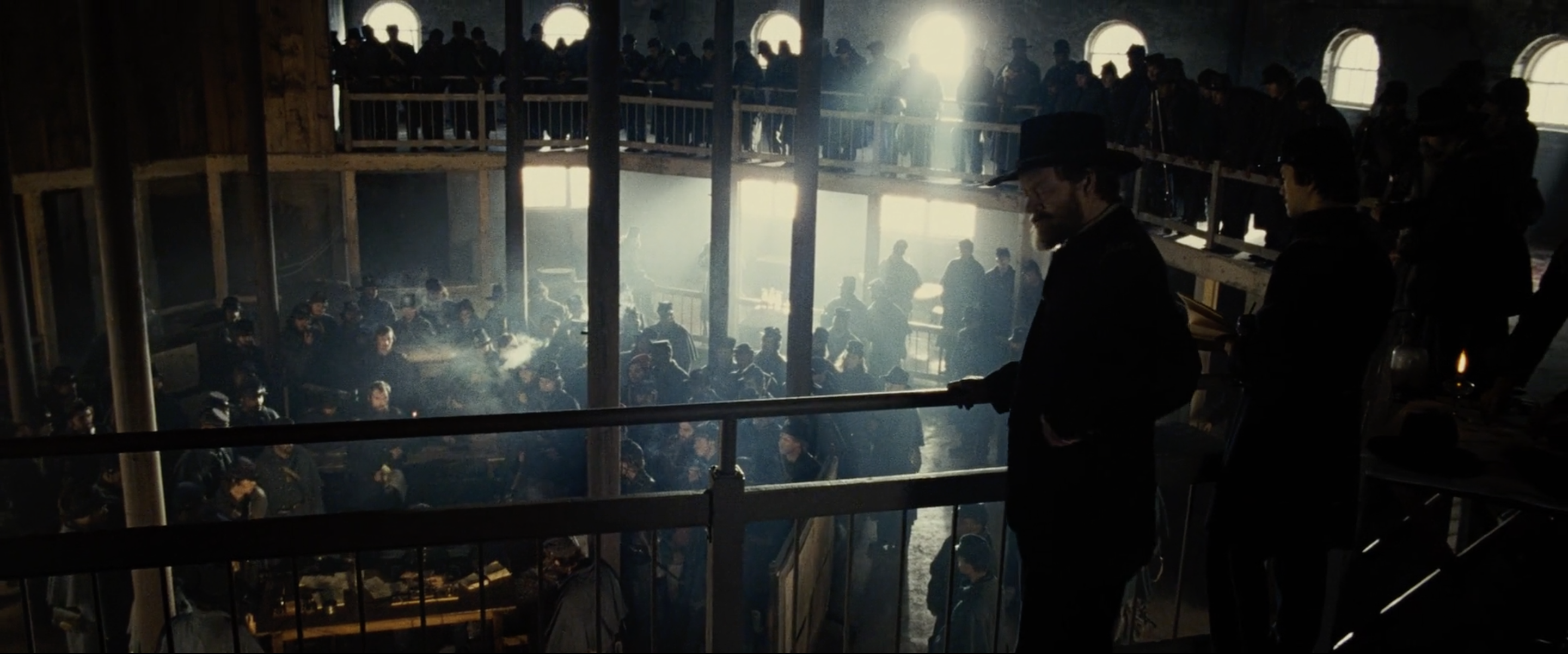
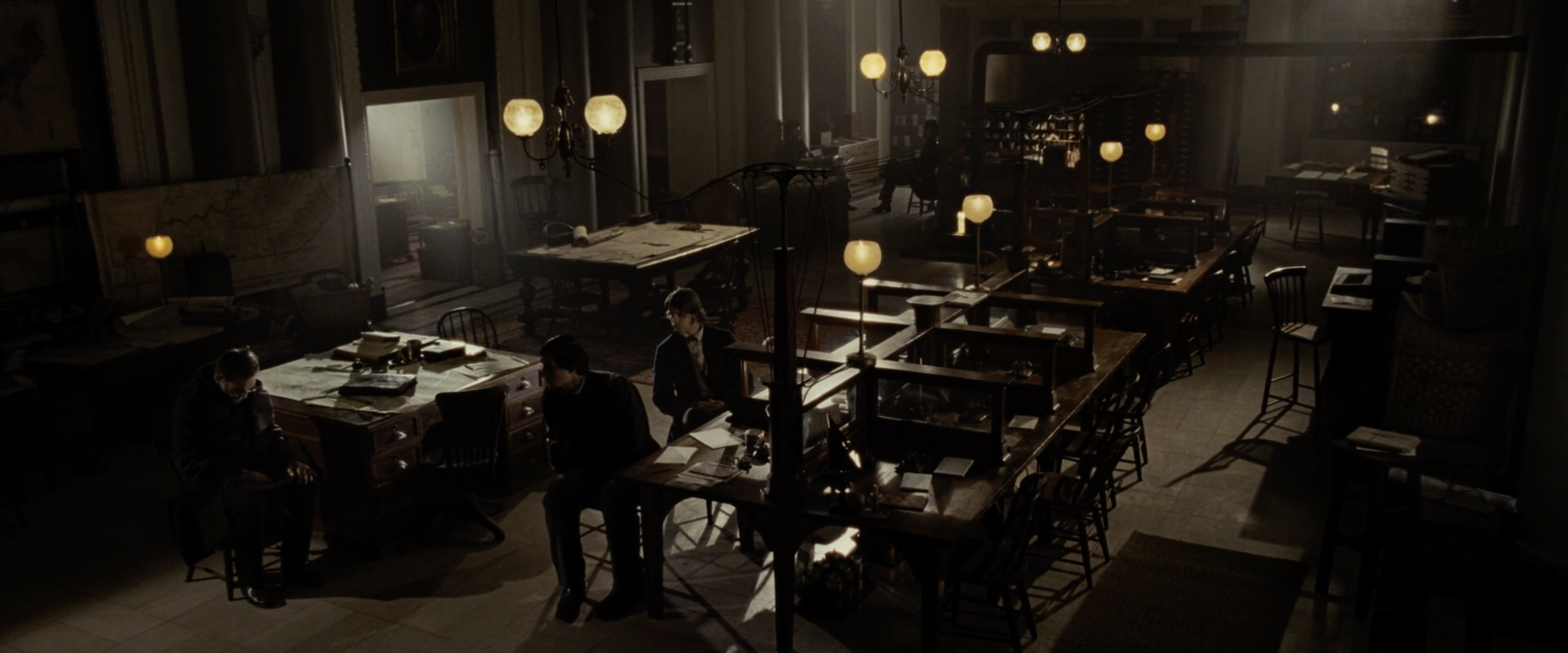
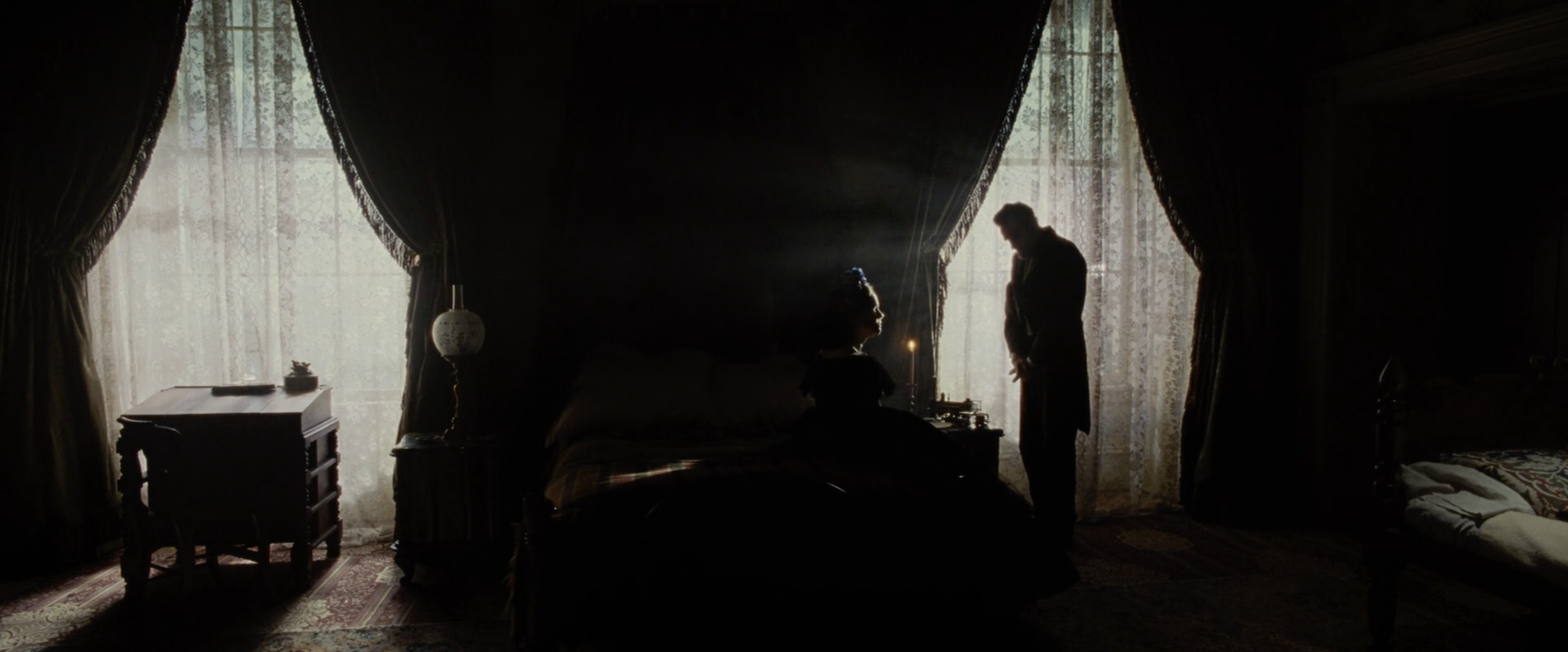
Spielberg’s formal command of these cinematic elements proves to be especially crucial when the time comes in Lincoln for each congressman to pick a side of the fence and cast their votes on the nationwide abolition of slavery. The tension and release of each undecided voter lands with momentous gravity, while outside these walls envoys from the South are reportedly approaching Washington DC, seeking to postpone the vote by offering to end the war. When the news reaches Lincoln’s office, his written response possesses the guile of a crafty lawyer, while using his presidential powers to keep the Confederate delegation outside the capital’s borders.
“So far as I know, there are no peace commissioners in the city, nor are there likely to be.”
Honourable in his intentions he may be, though he is not above playing his allies and opponents for the greater good. For better or worse, this is what it takes to affect change in the United States, and Spielberg’s characterisation of Lincoln frames him as one of the few to smoothly navigate its political battlefield while holding firm to his moral principles.
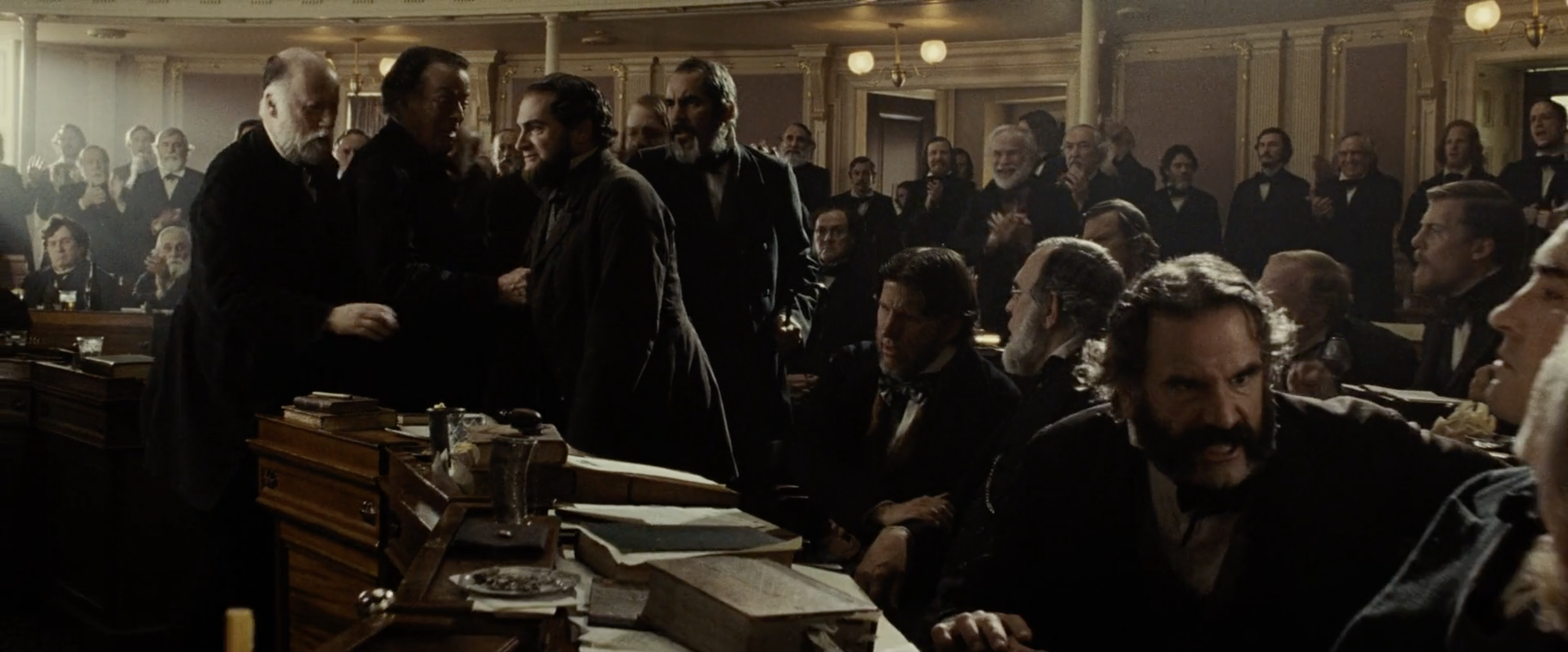
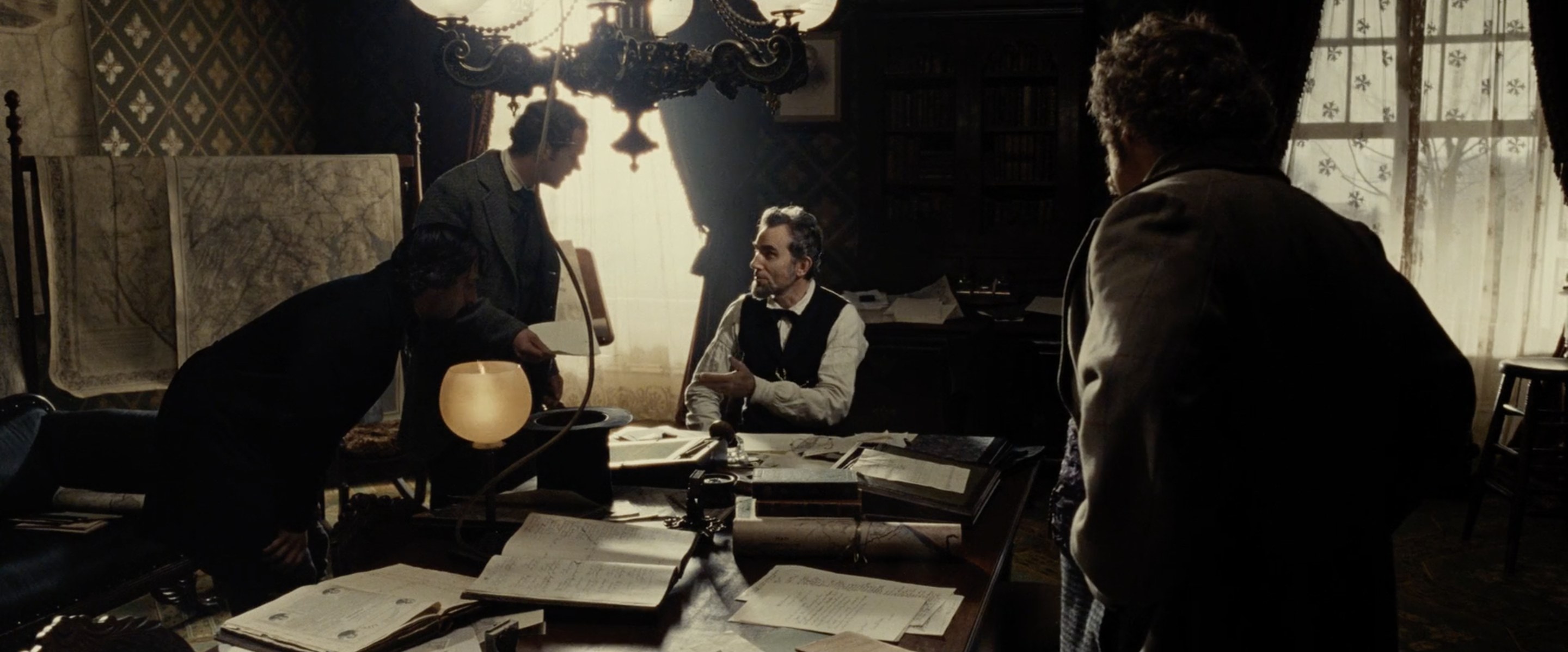
The epilogue which follows the President’s resounding success drags on for a little too long, but by eventually concluding with his premature death a short few months later, Spielberg effectively immortalises him onscreen as a martyr of American democracy. An exceptional composition is formed around his pale, lifeless body lying beneath a bright light, surrounded by mourners whose black outfits are almost indistinguishable from the darkness which envelops them. By his bedside, a flame burns in an oil lamp, which Spielberg binds to the image of Lincoln himself through a long dissolve that slowly fades into his second inaugural address.
“With malice toward none, with charity for all, with firmness in the right as God gives us to see the right, let us strive on to finish the work we are in, to bind up the nation’s wounds, to care for him who shall have borne the battle and for his widow and his orphan, to do all which may achieve and cherish a just and lasting peace among ourselves and with all nations.”
For a nation ravaged by war, these words are a promise to serve those who bear the scars of its trauma, as well as a moving summation of Spielberg’s character study. In the wake of the President’s historic triumph, a dedication to continue honouring the spirit of the 13 Amendment is upheld, even once it has been put into practice. If liberty and justice for all is the bedrock of the American republic, then these final minutes of Lincoln give reason to hope that they did not die with one man, but continue to be felt in his enduring legacy.
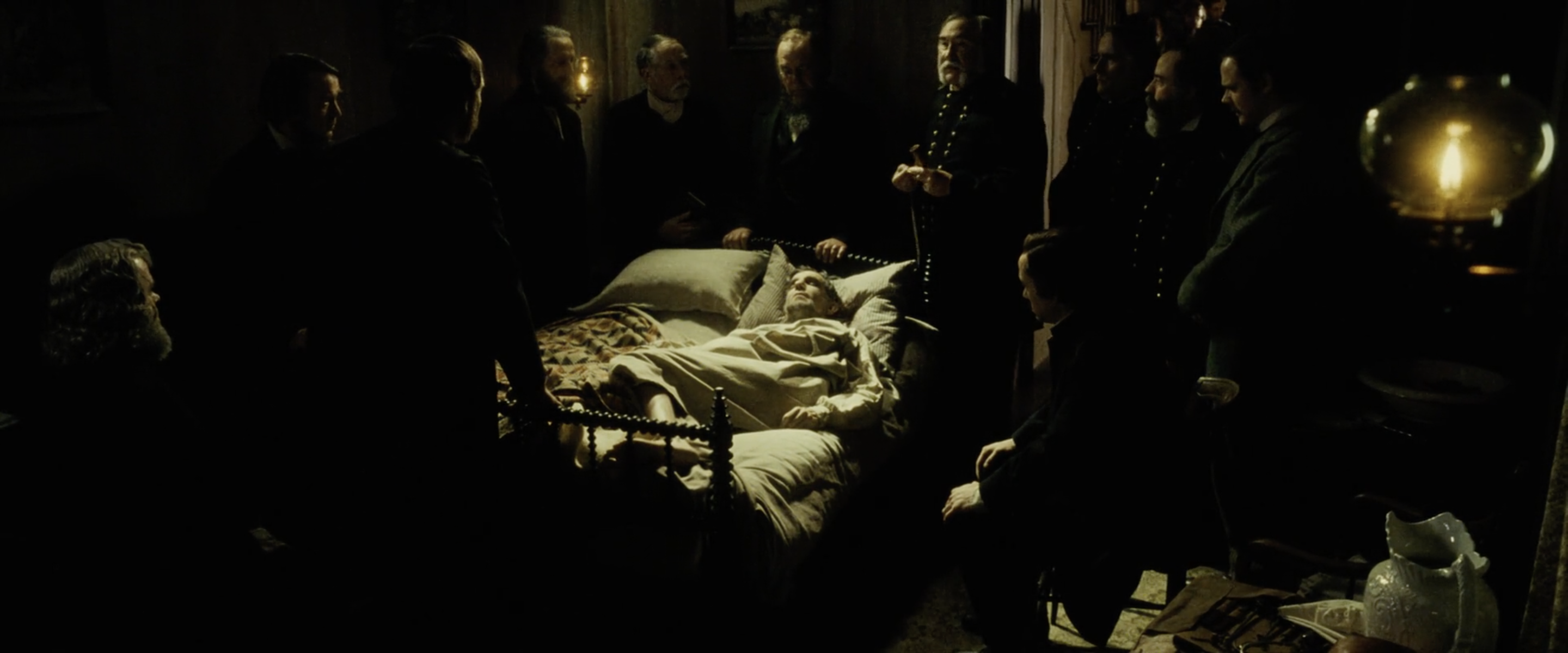
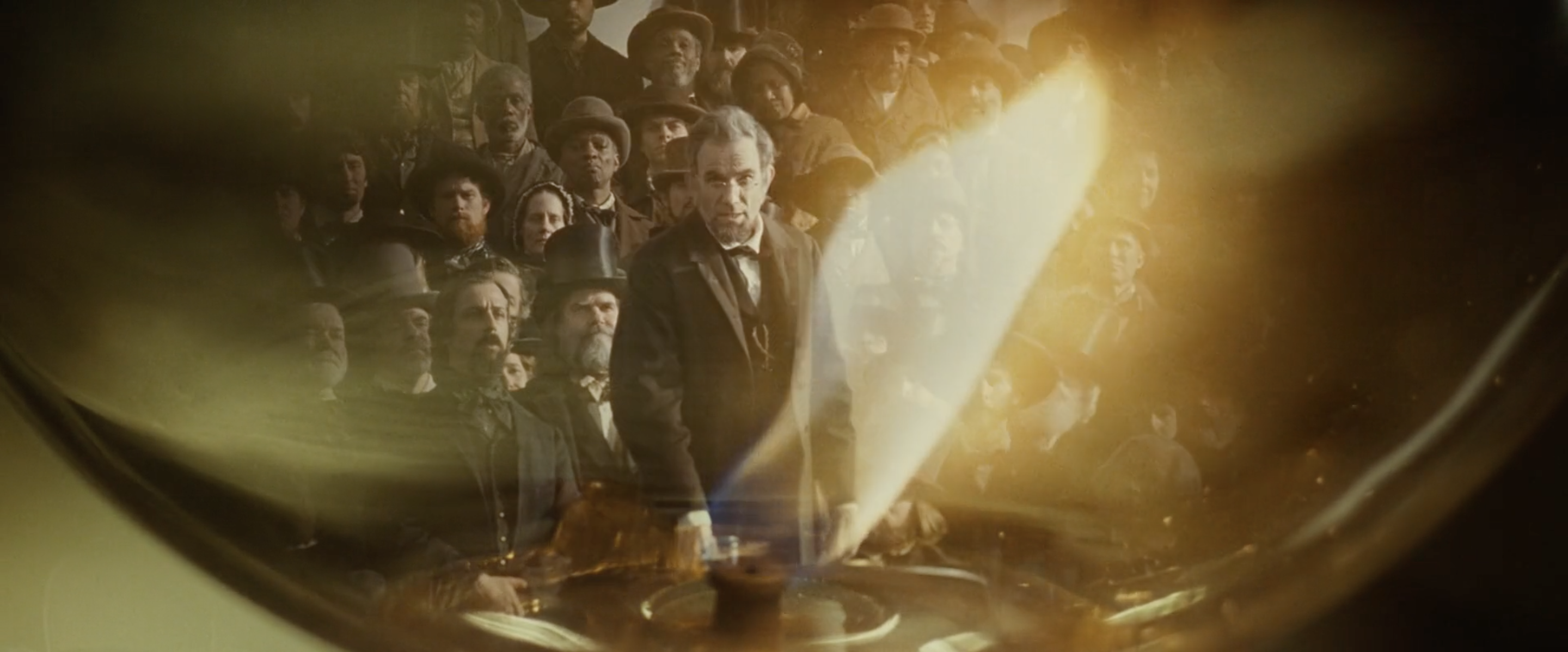
Lincoln is available to buy on Apple TV, YouTube, and Amazon Video, and the DVD or Blu-ray can be purchased from Amazon.

